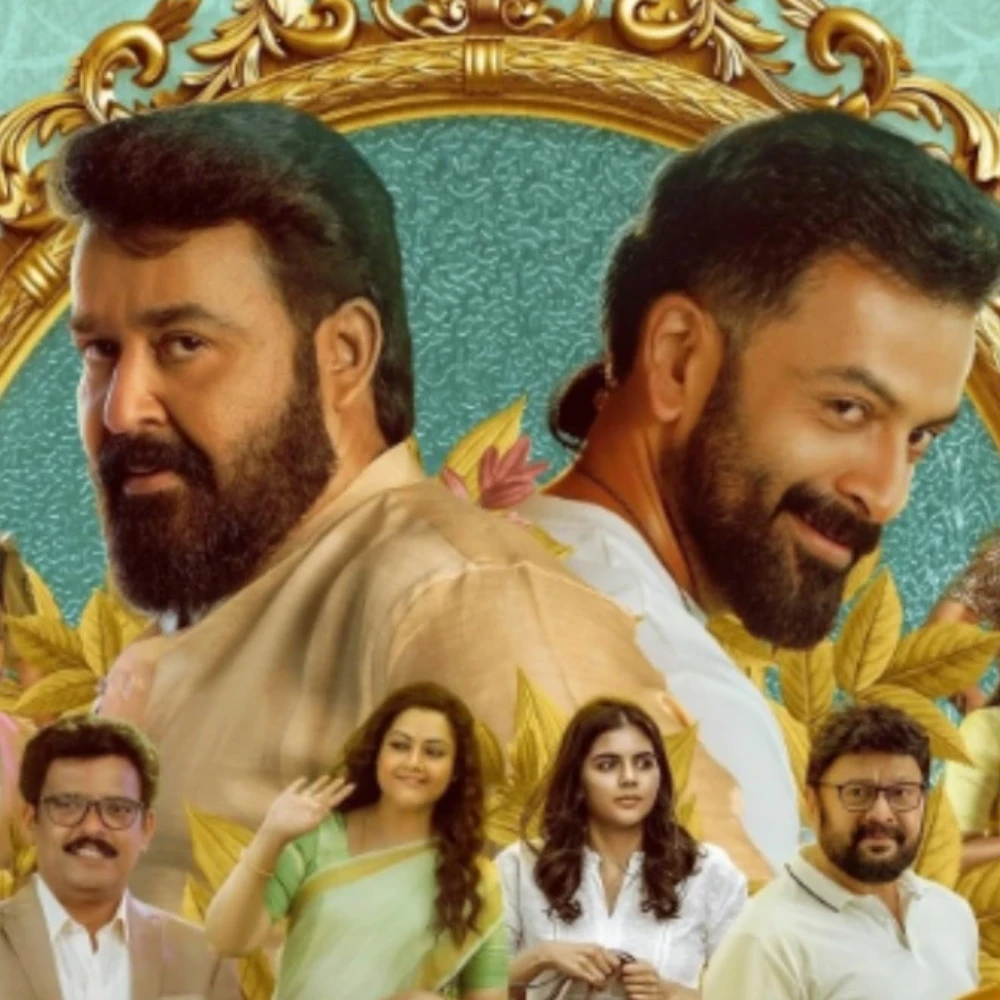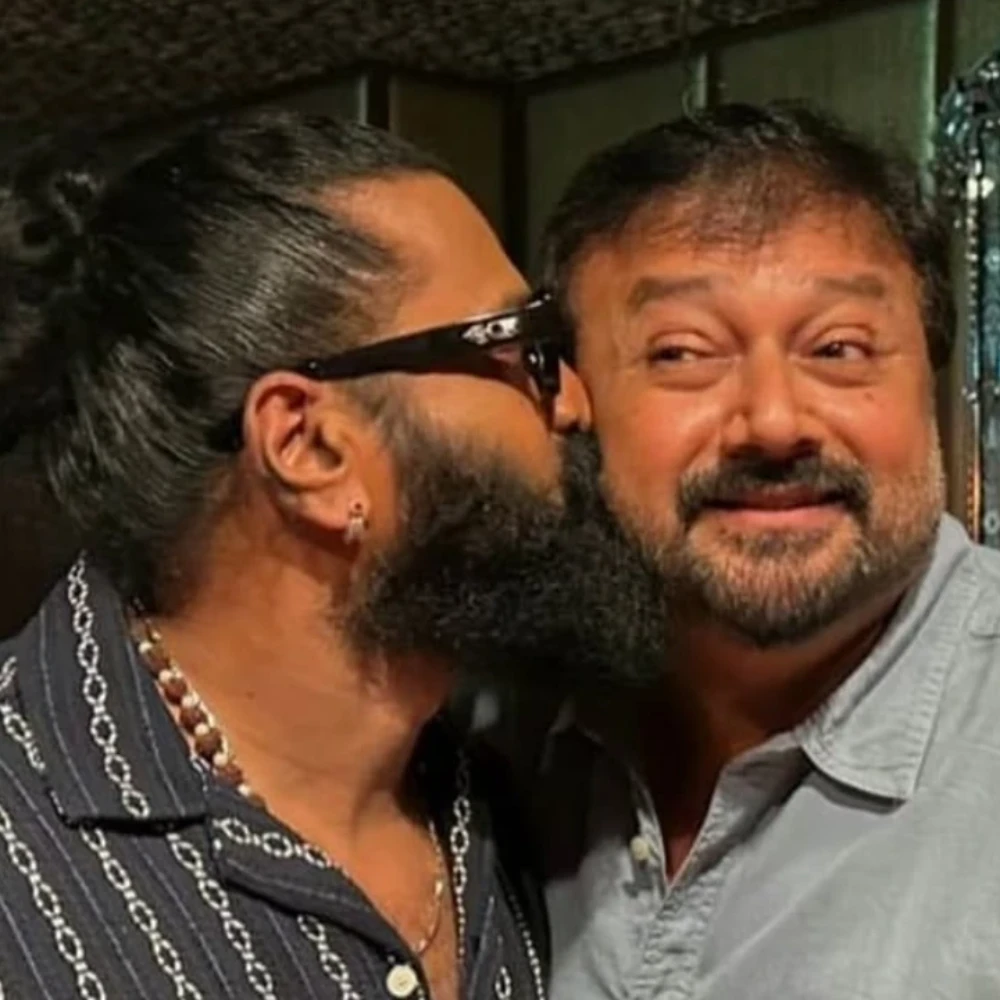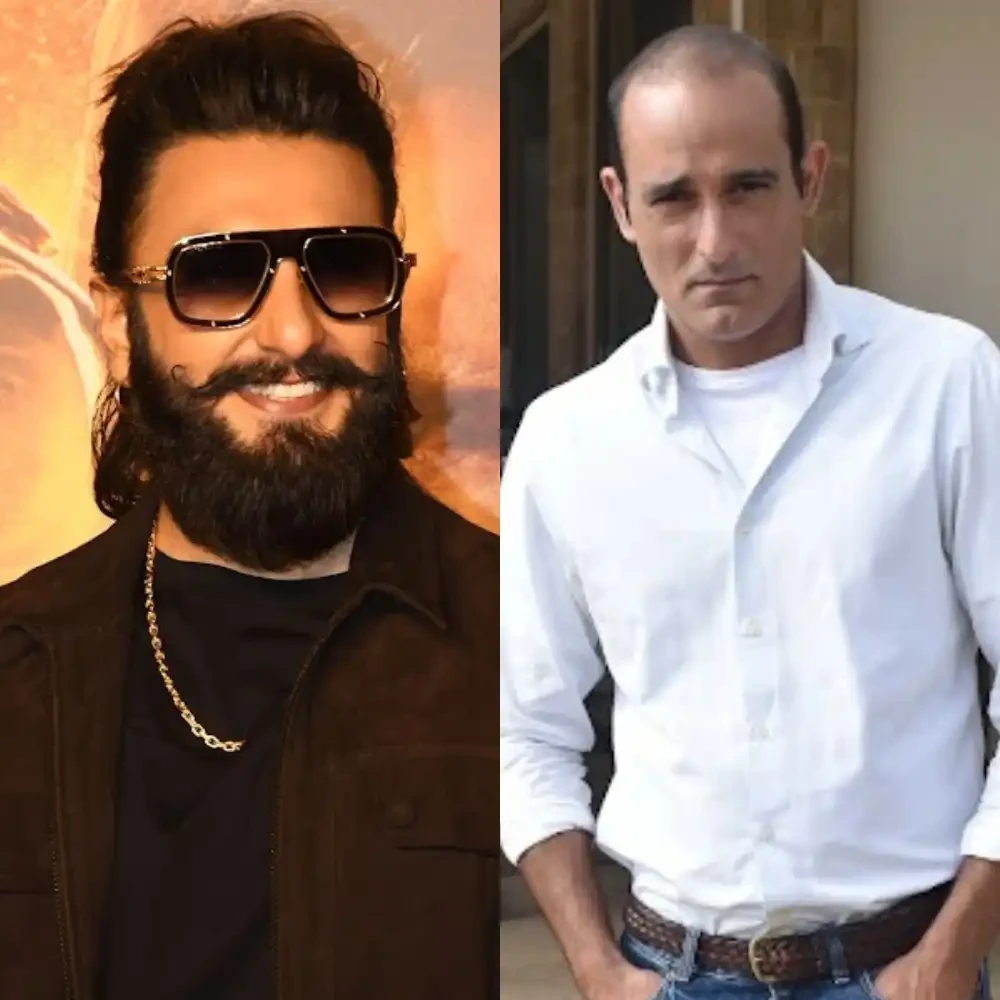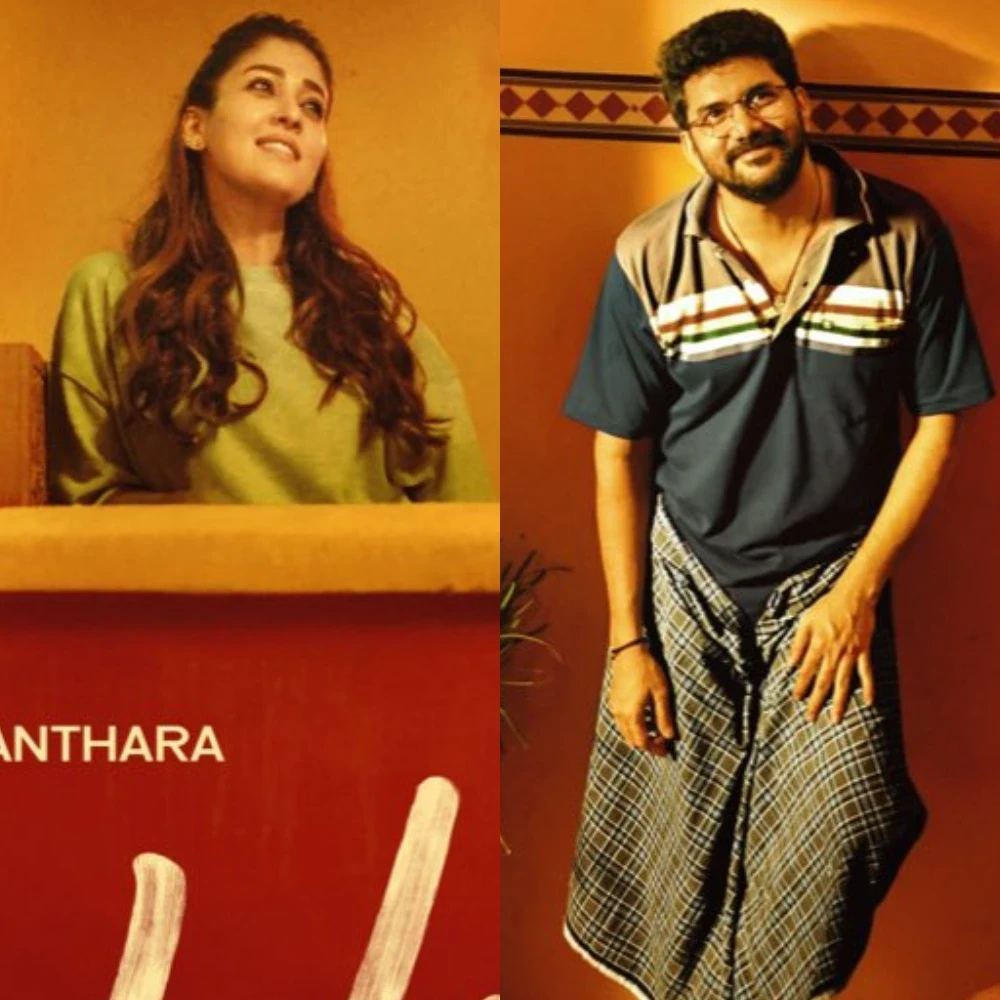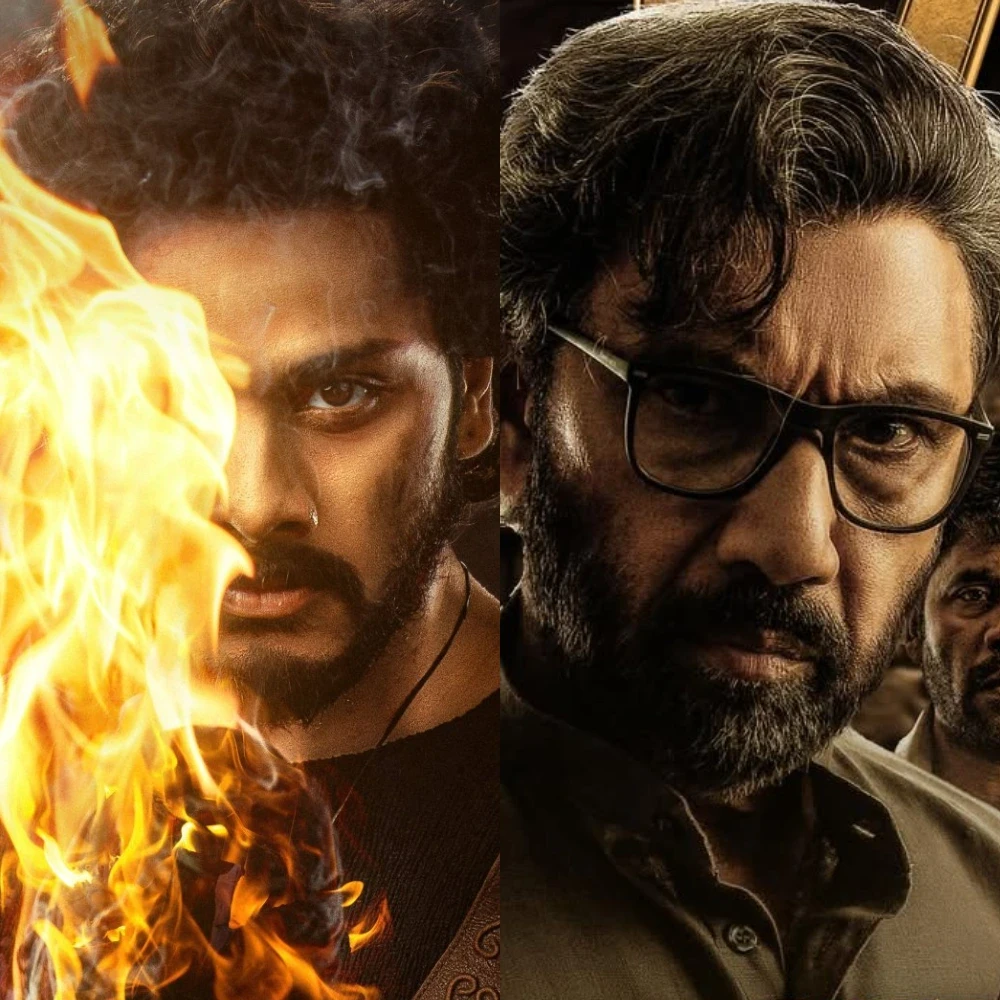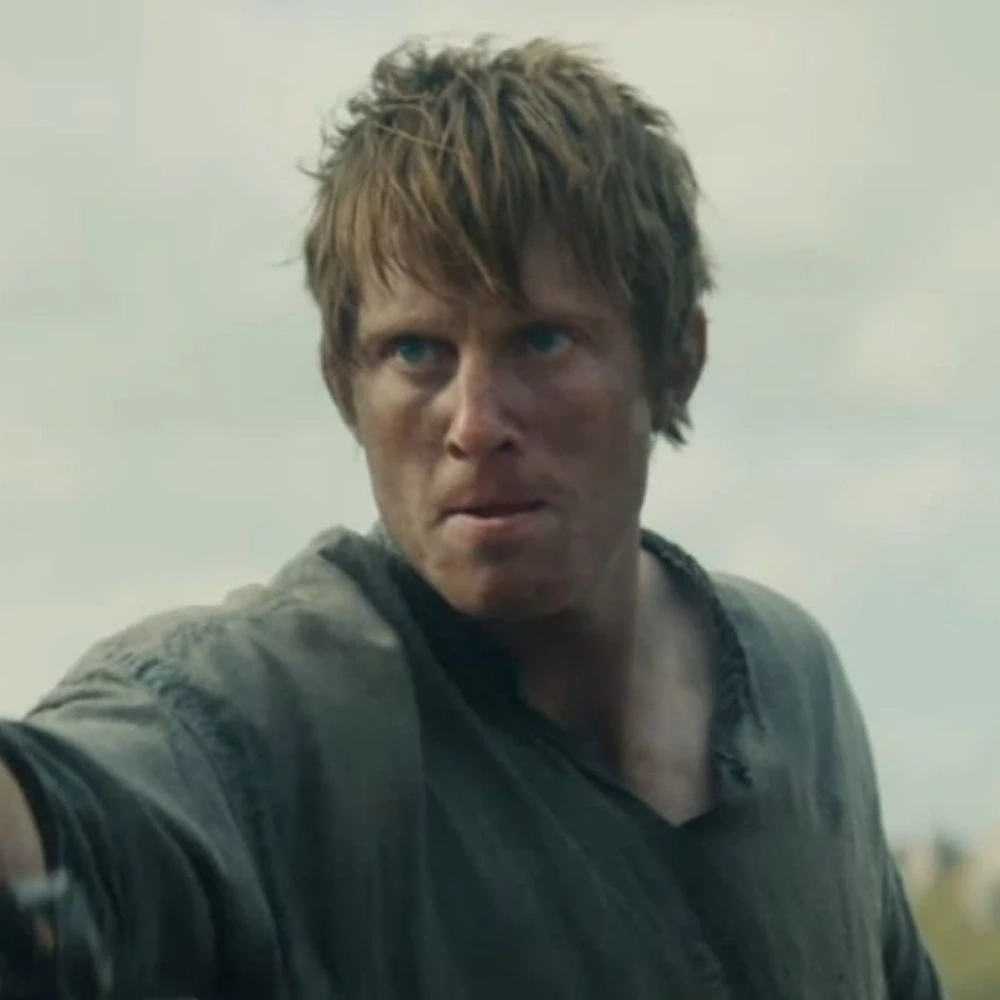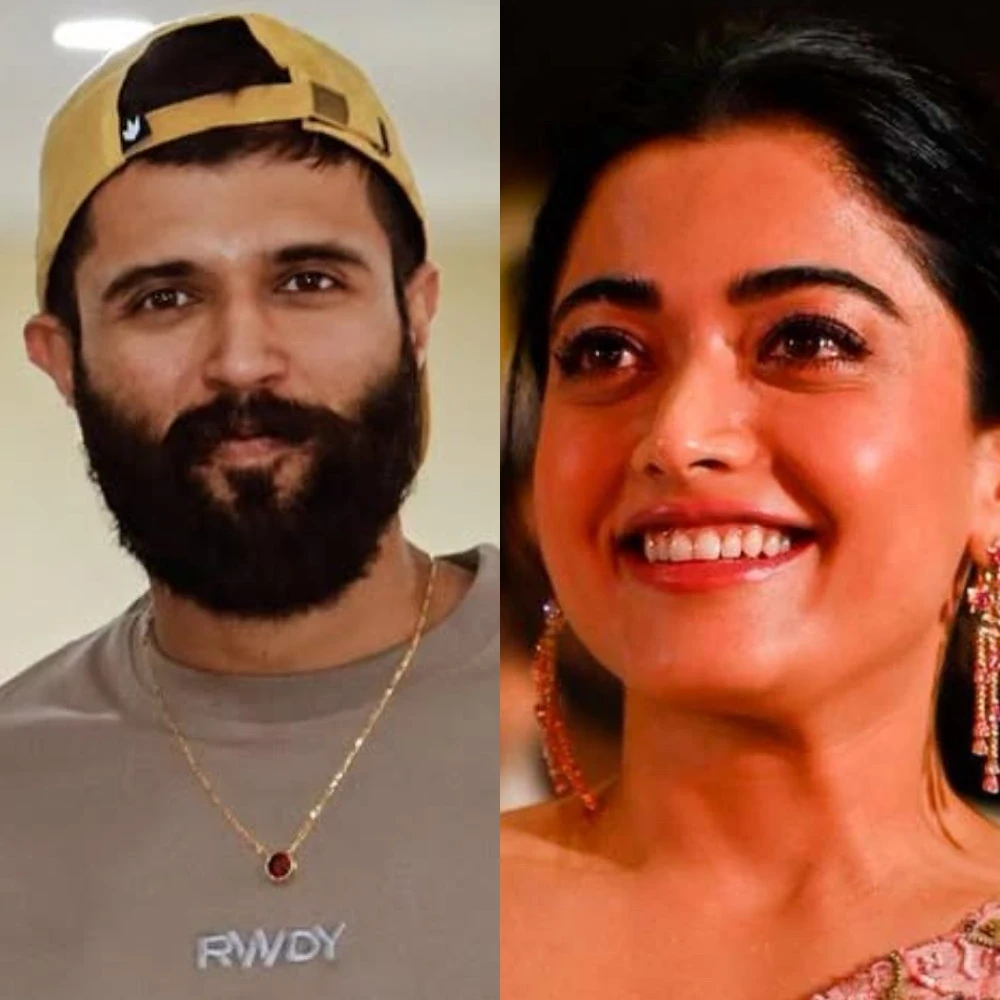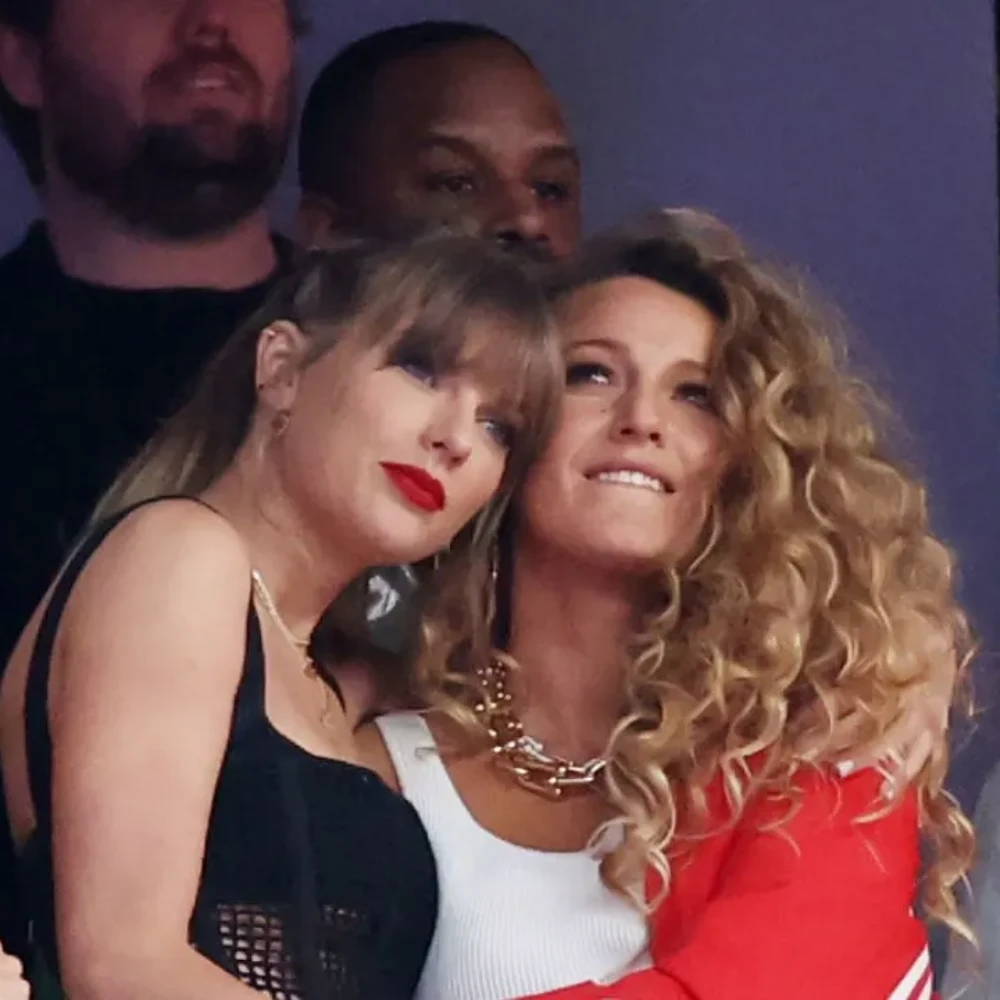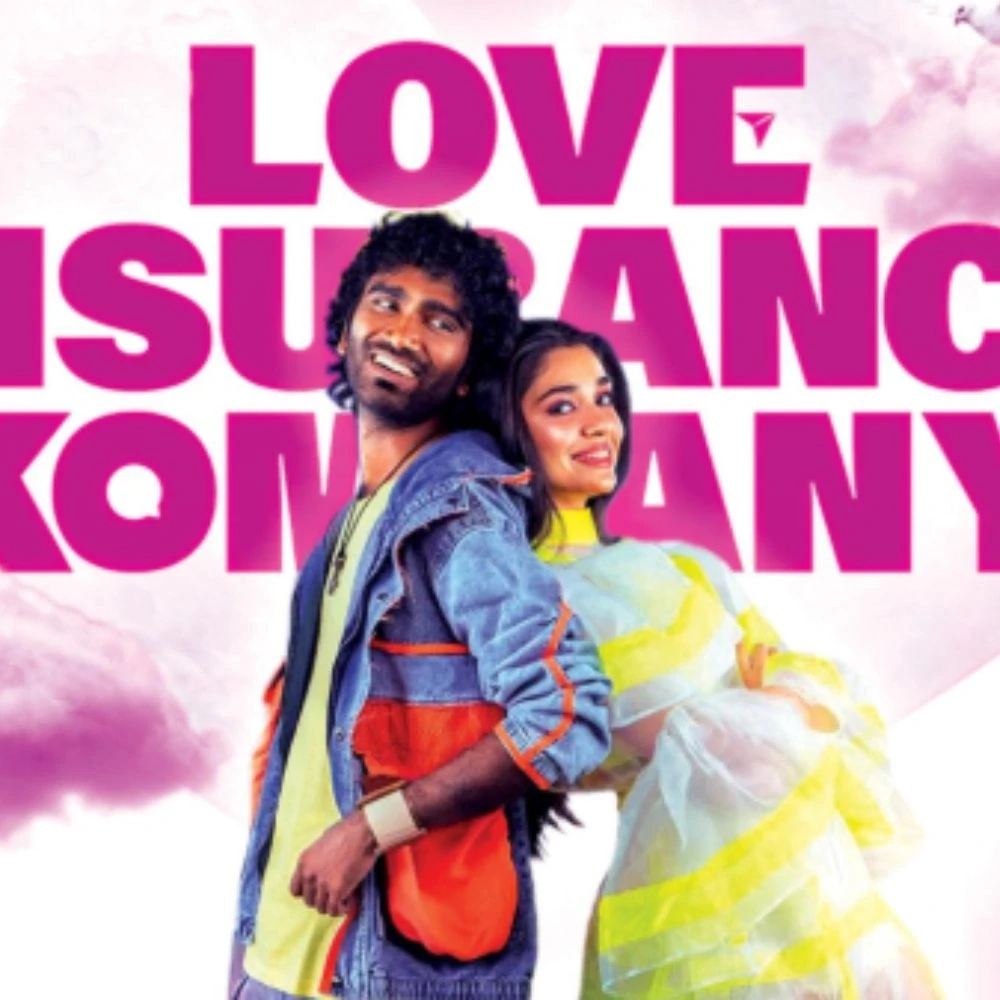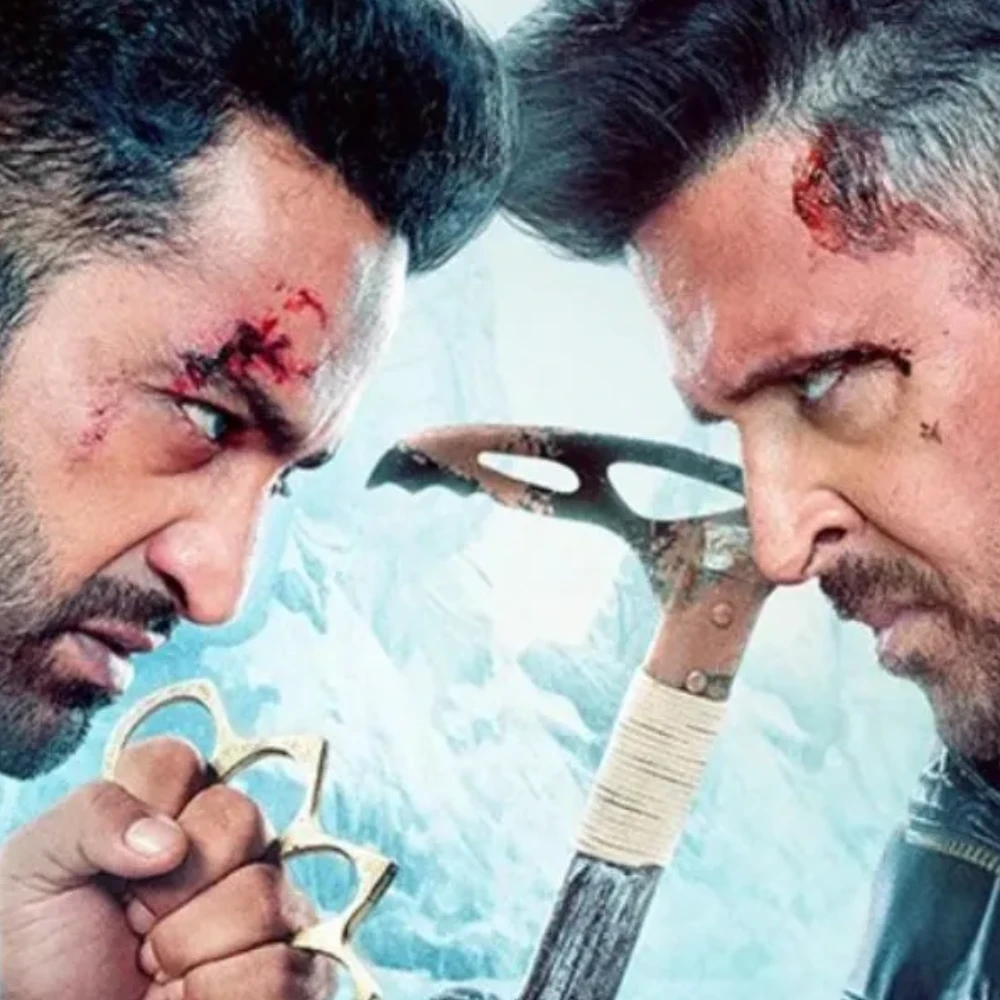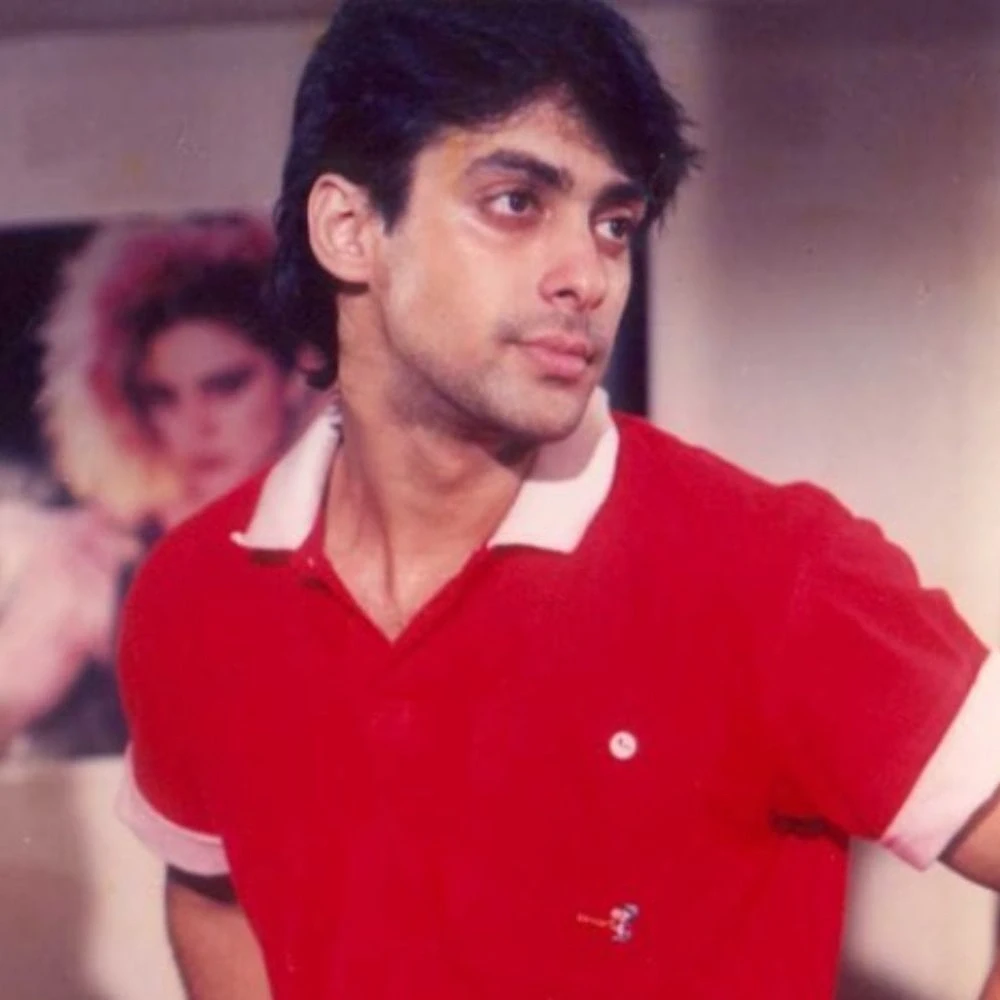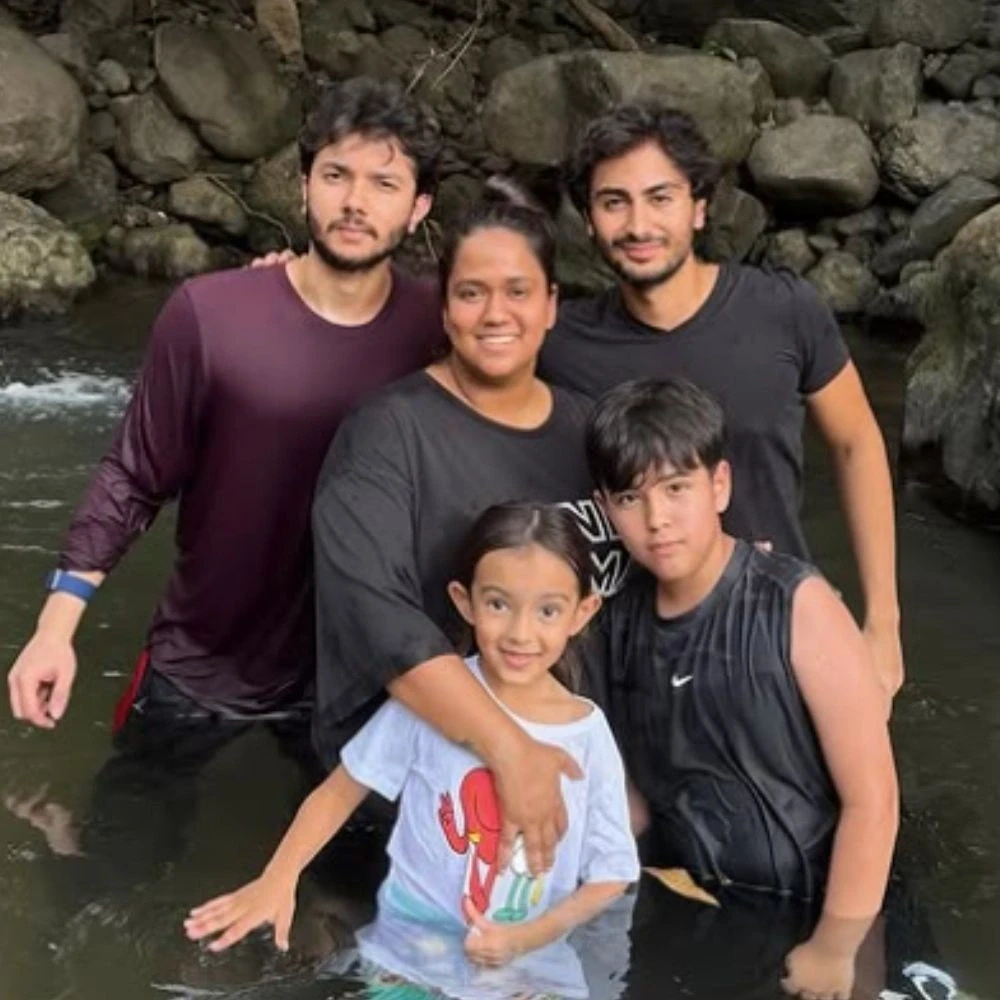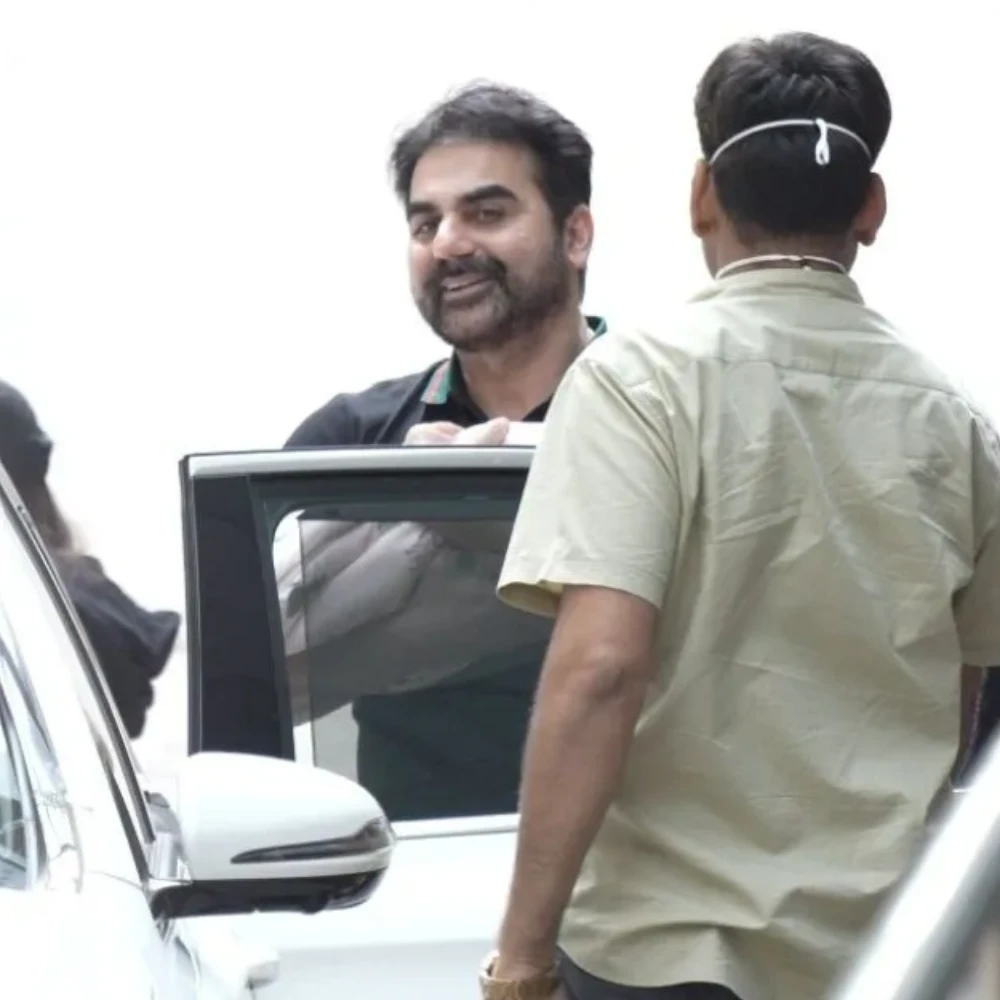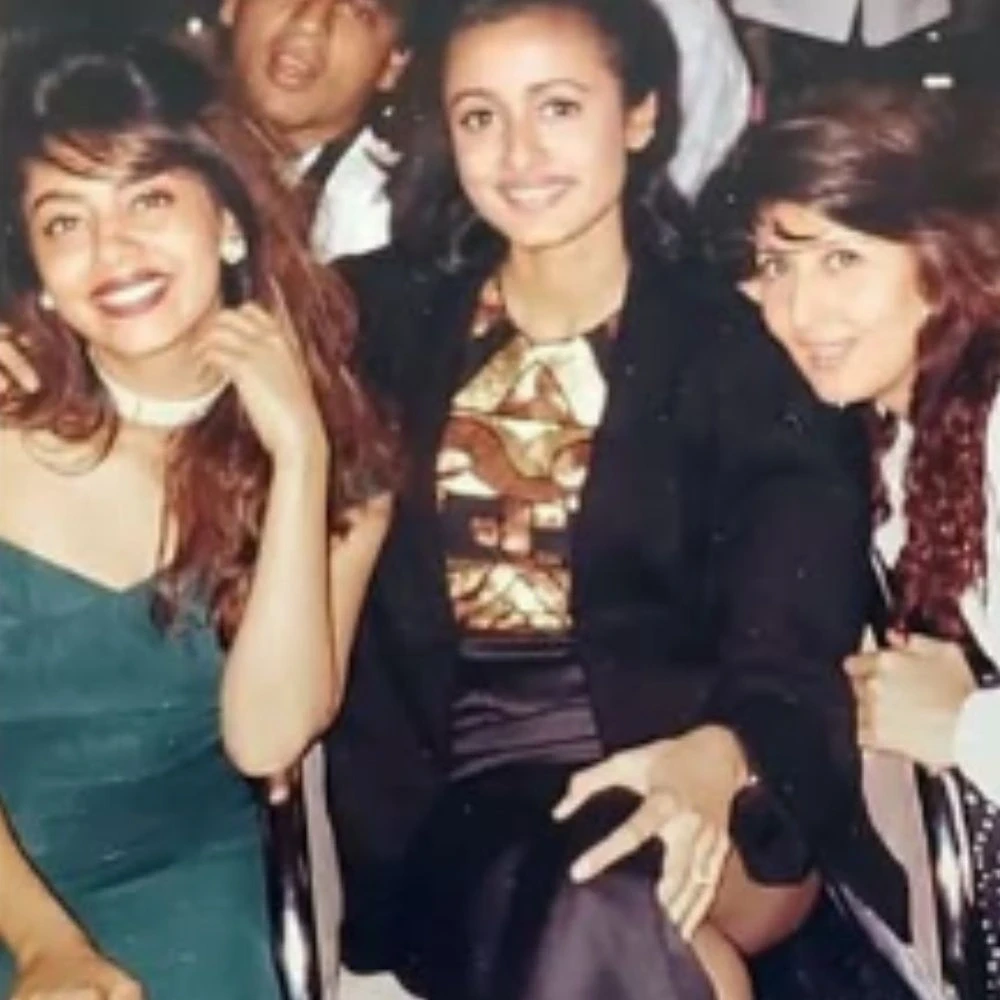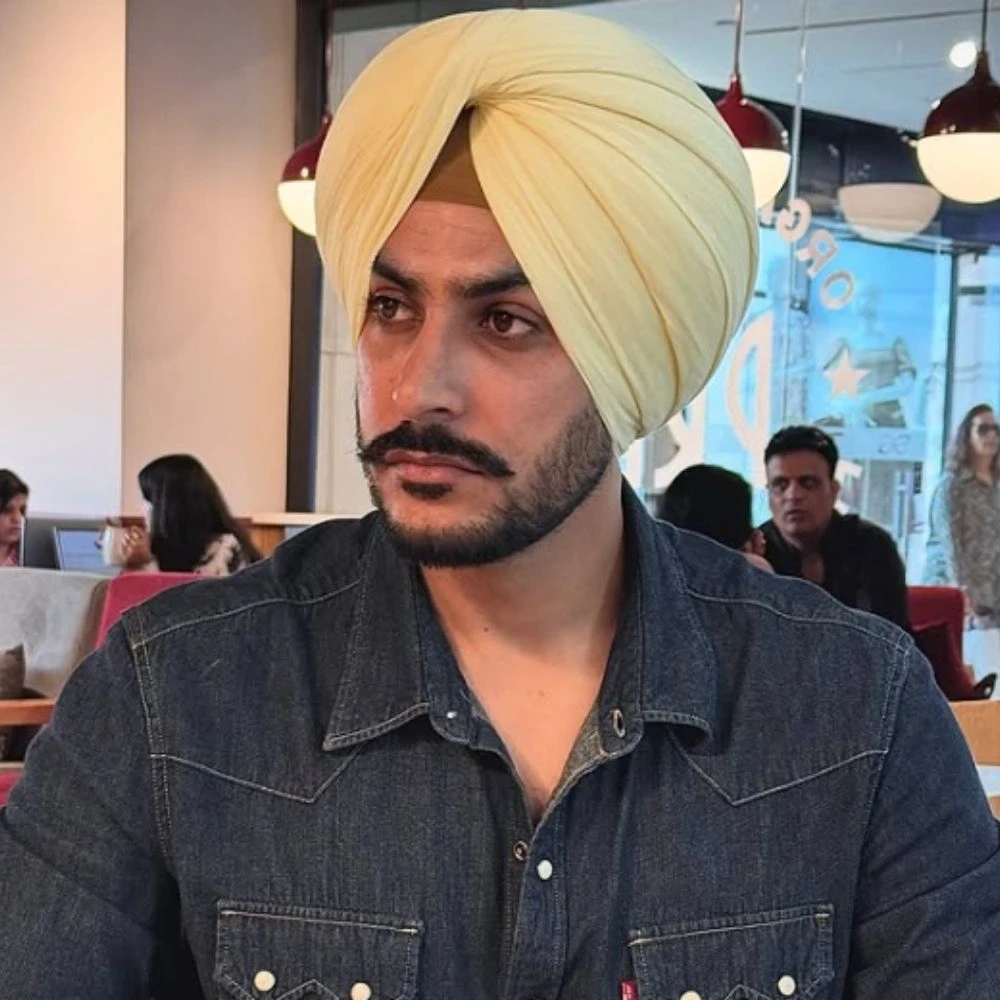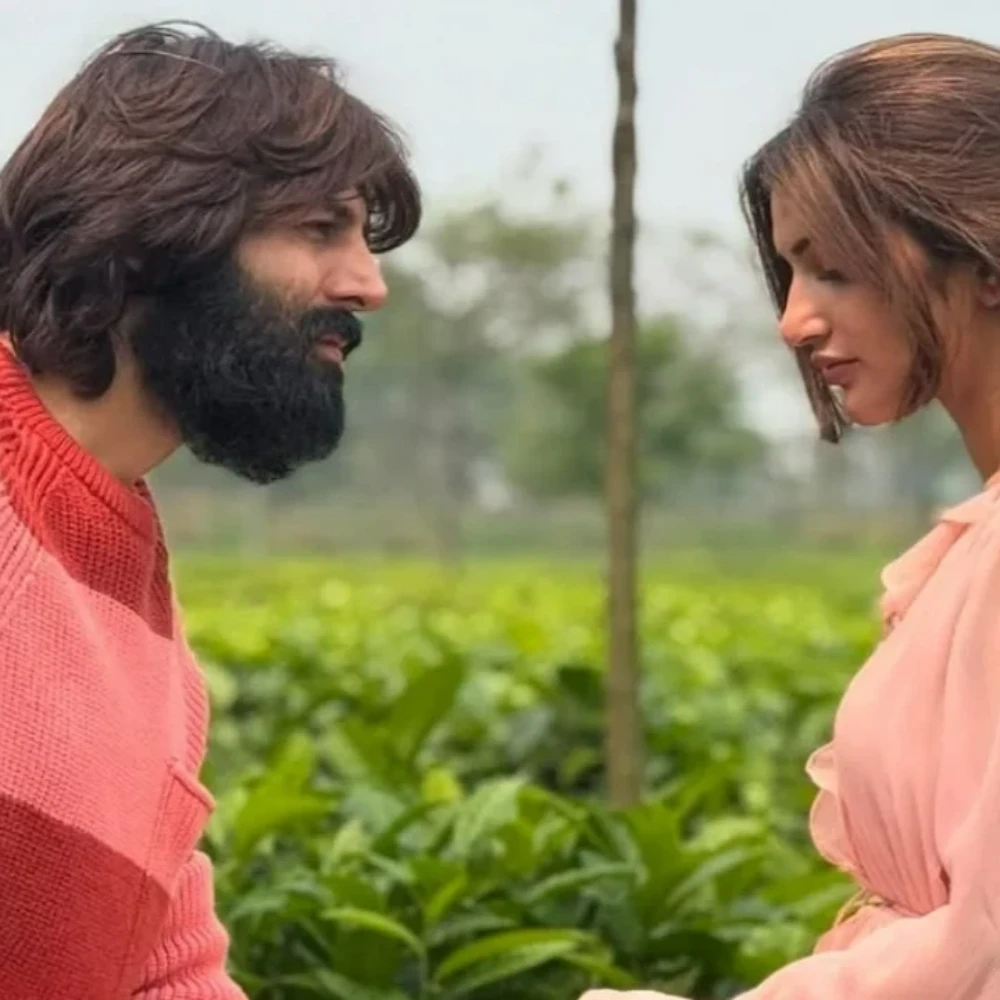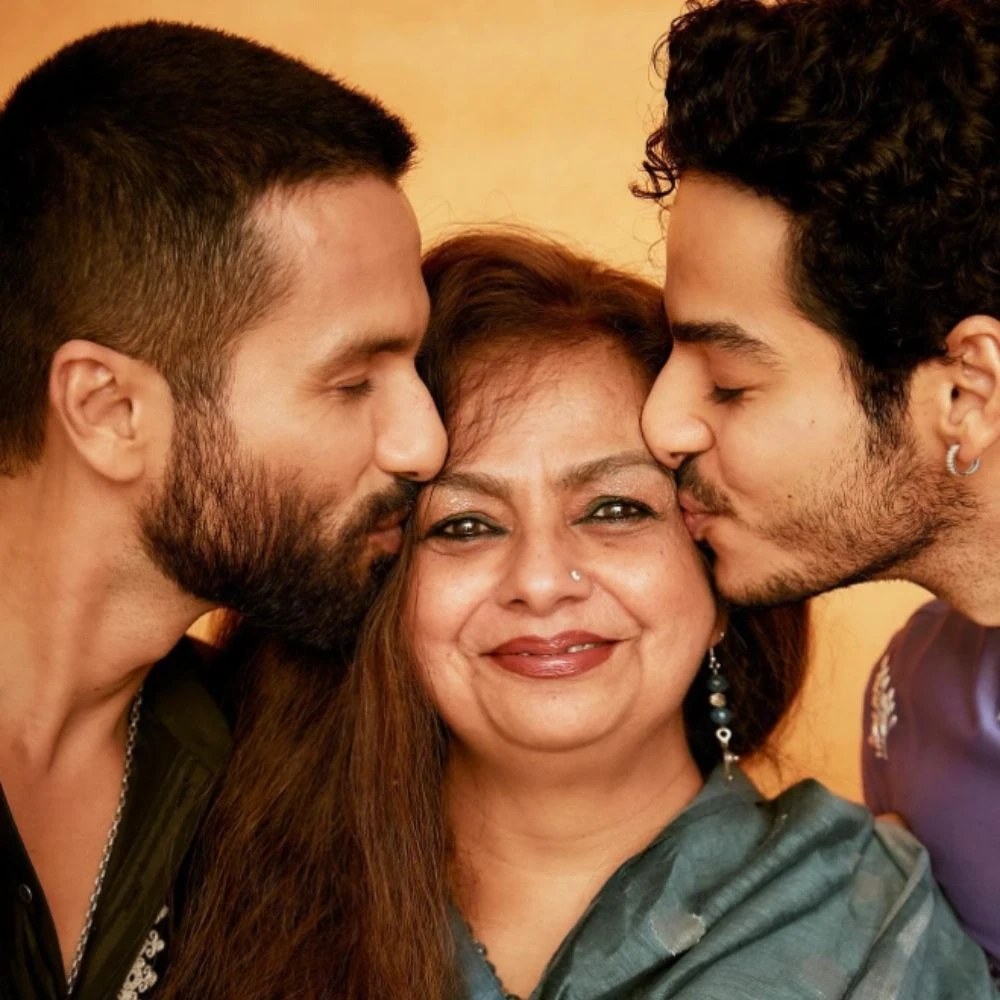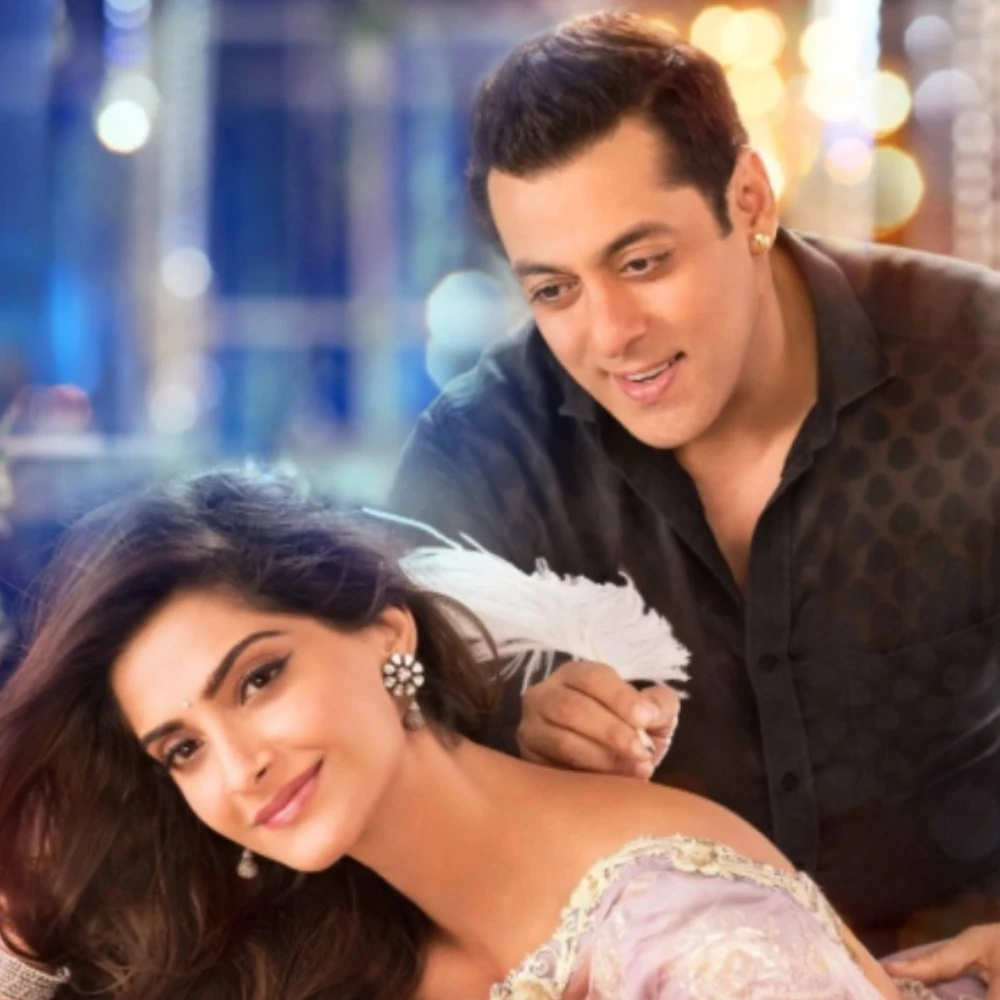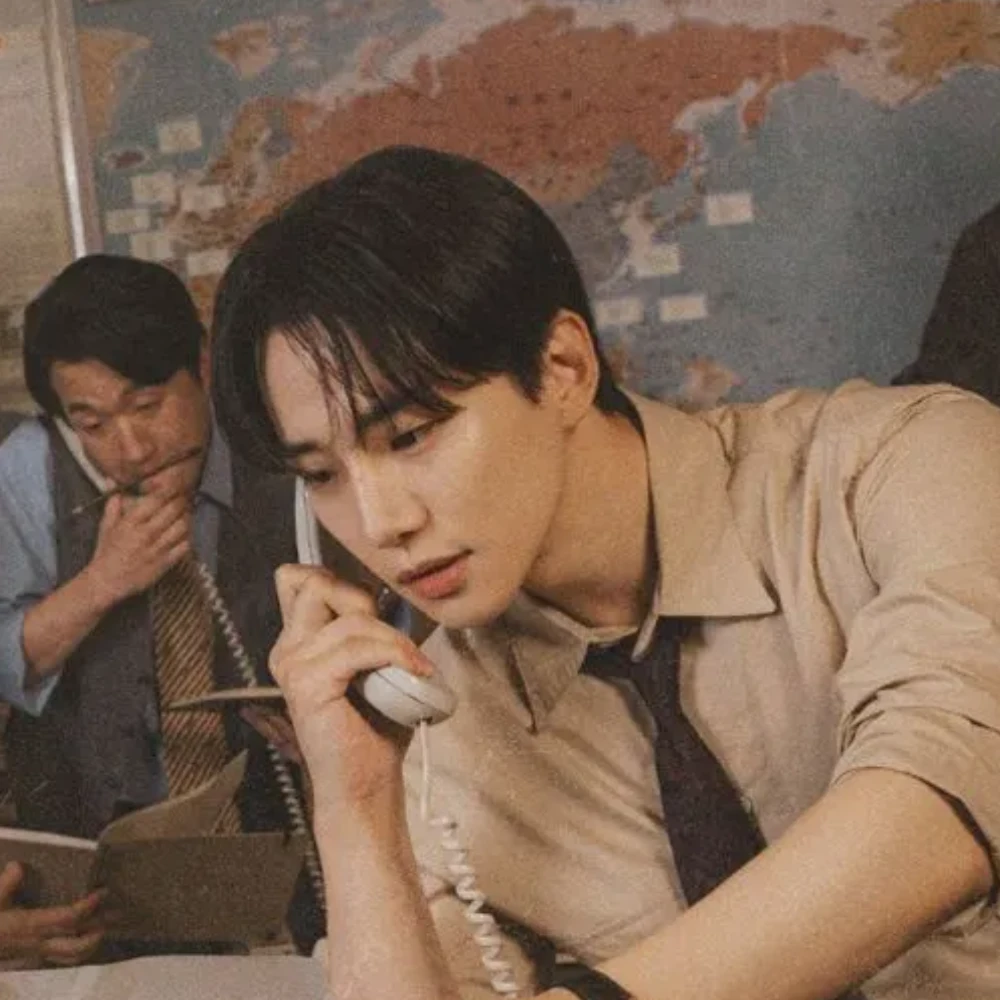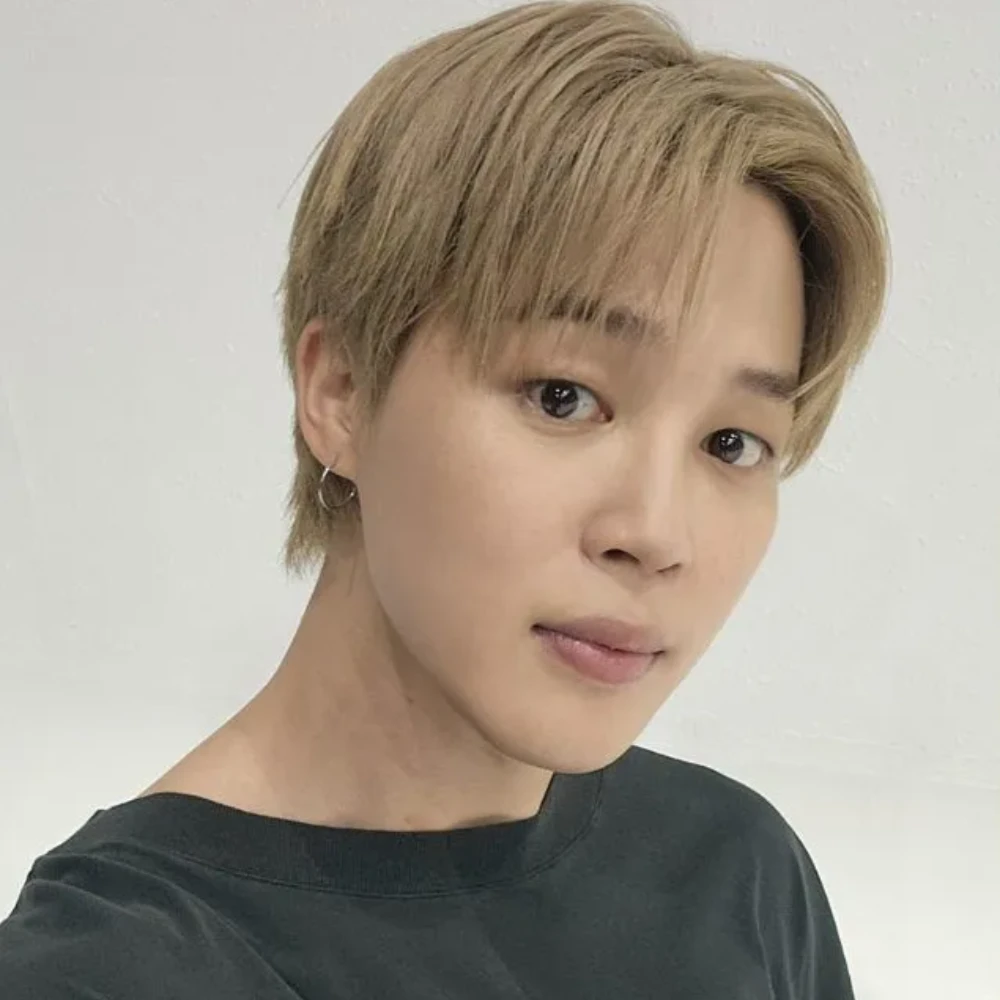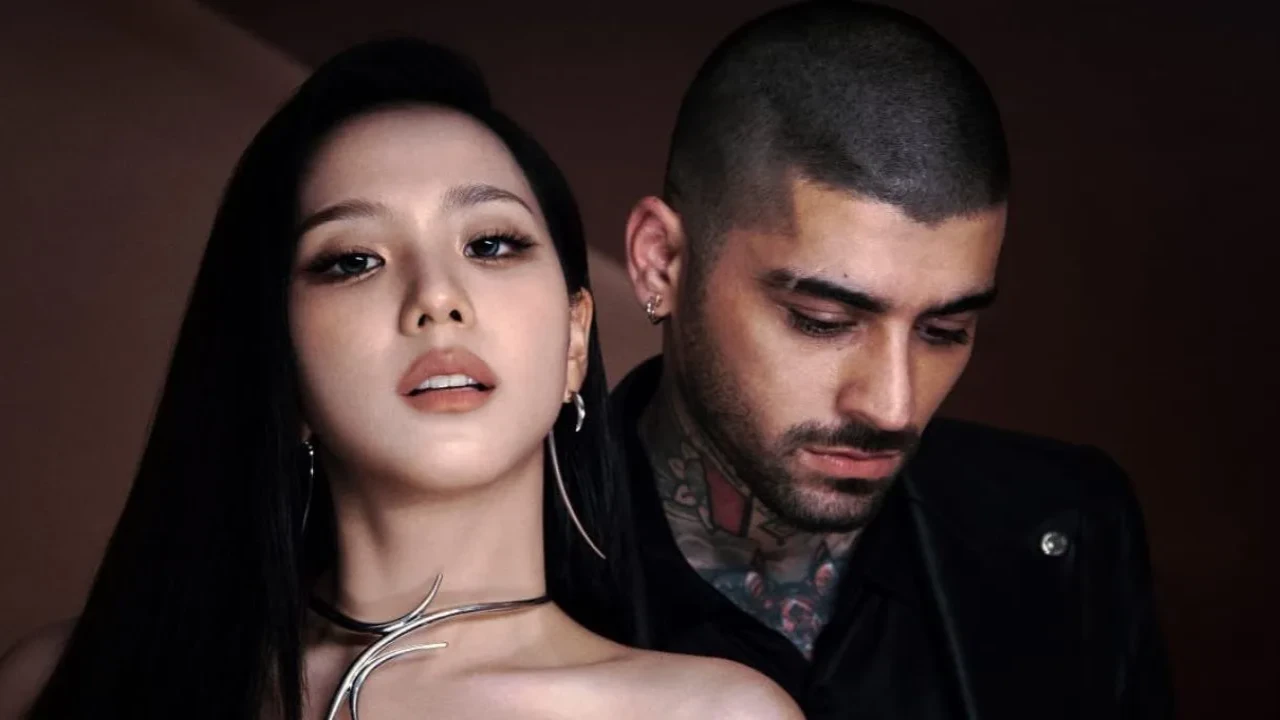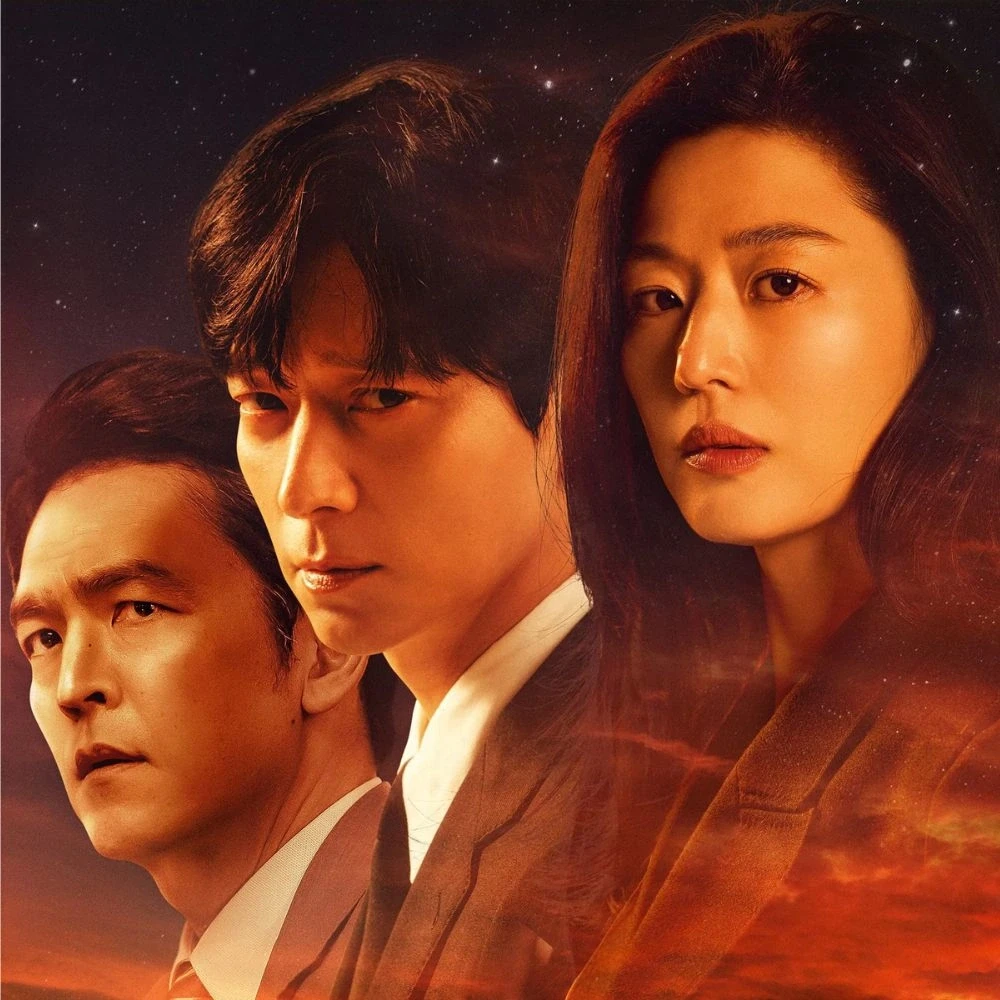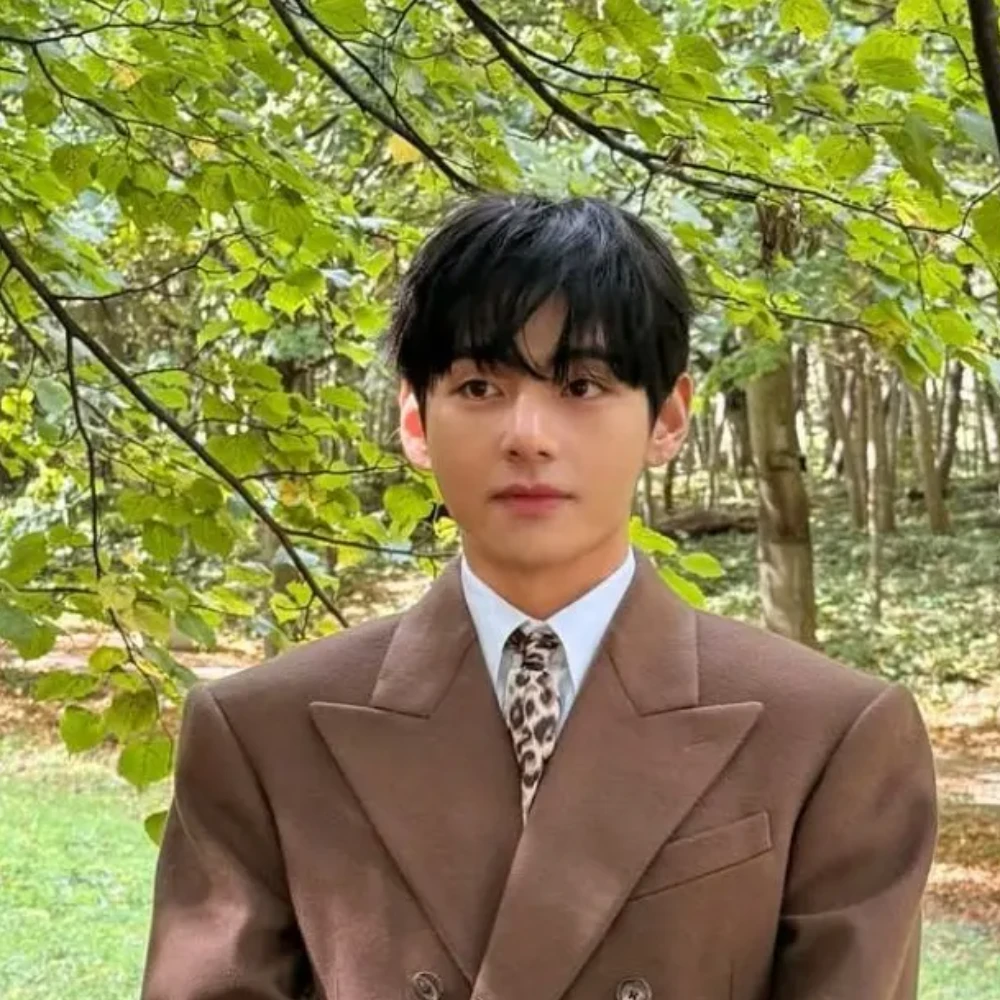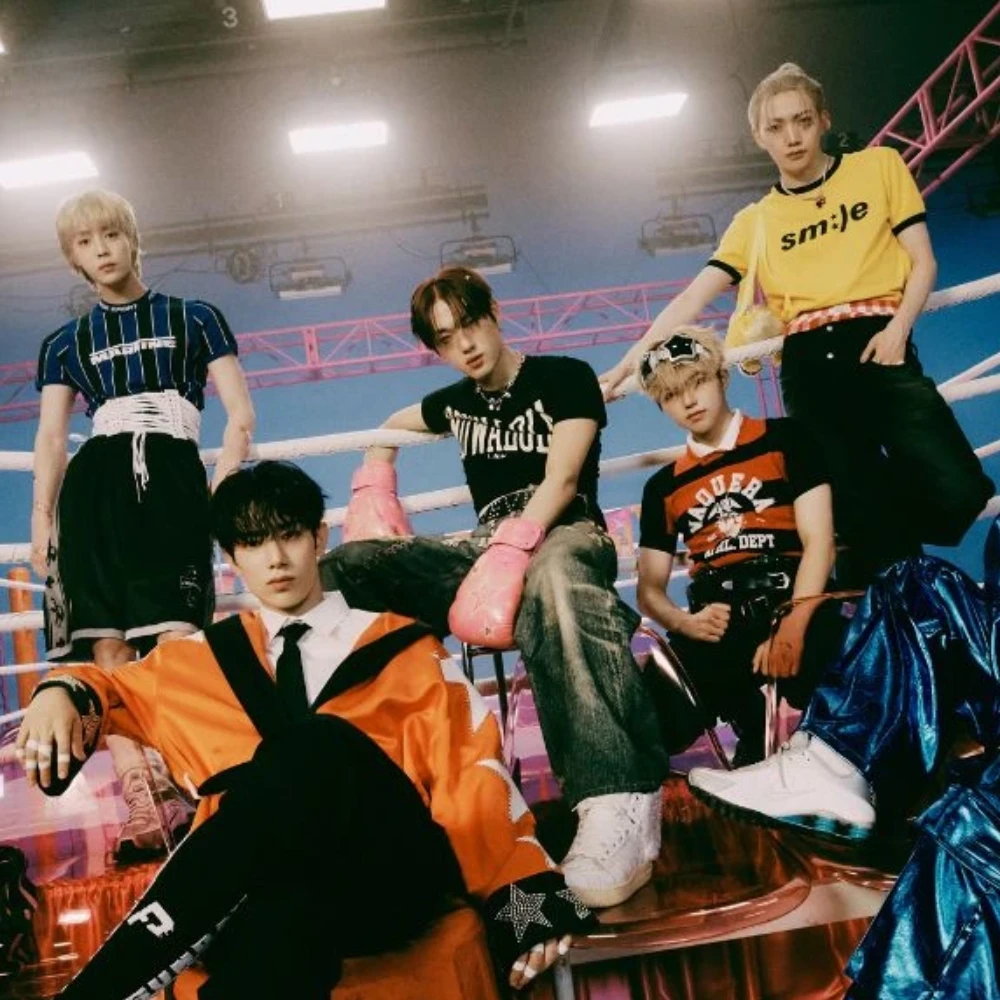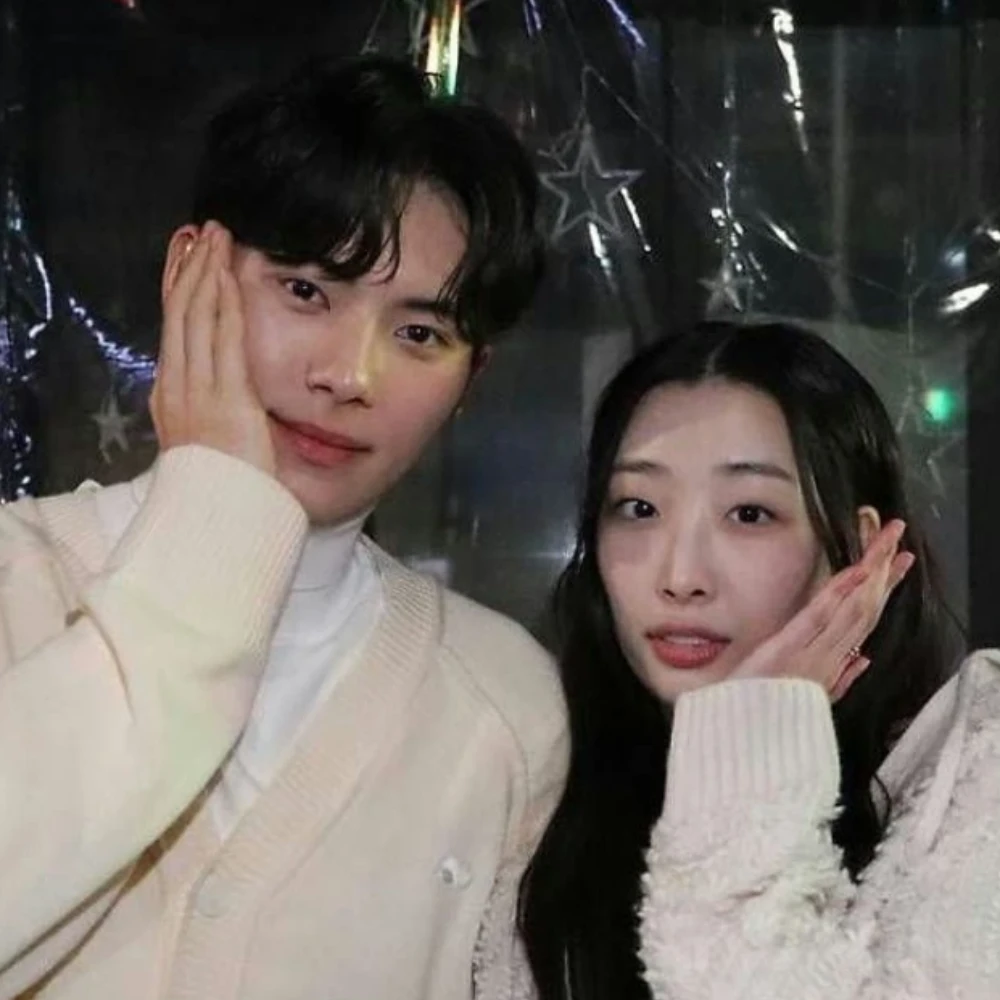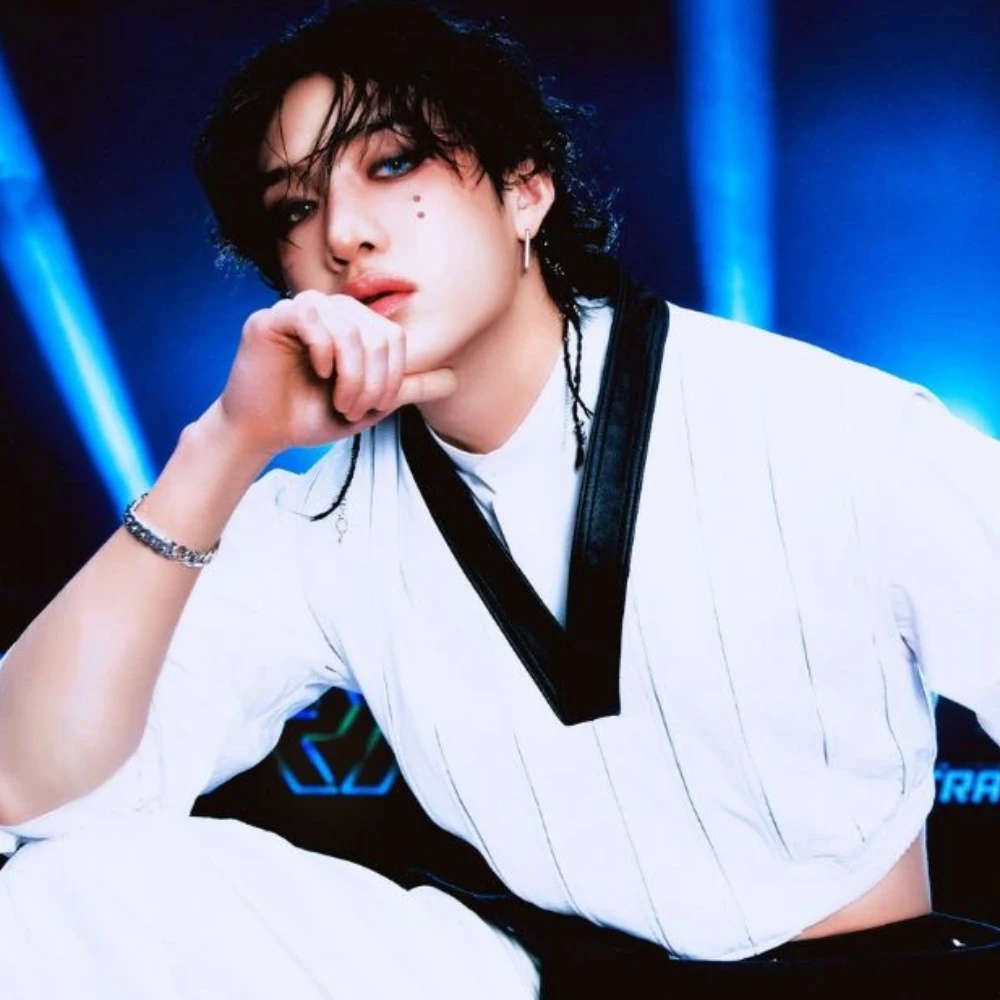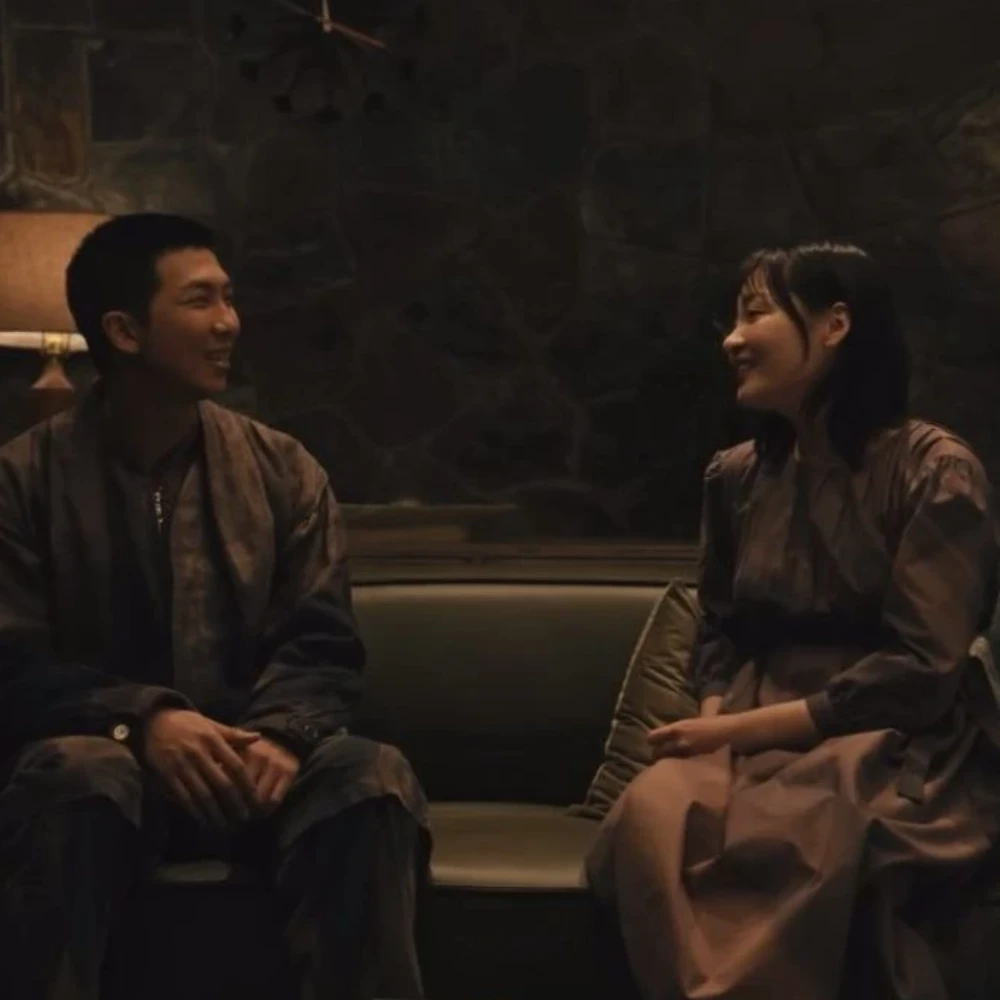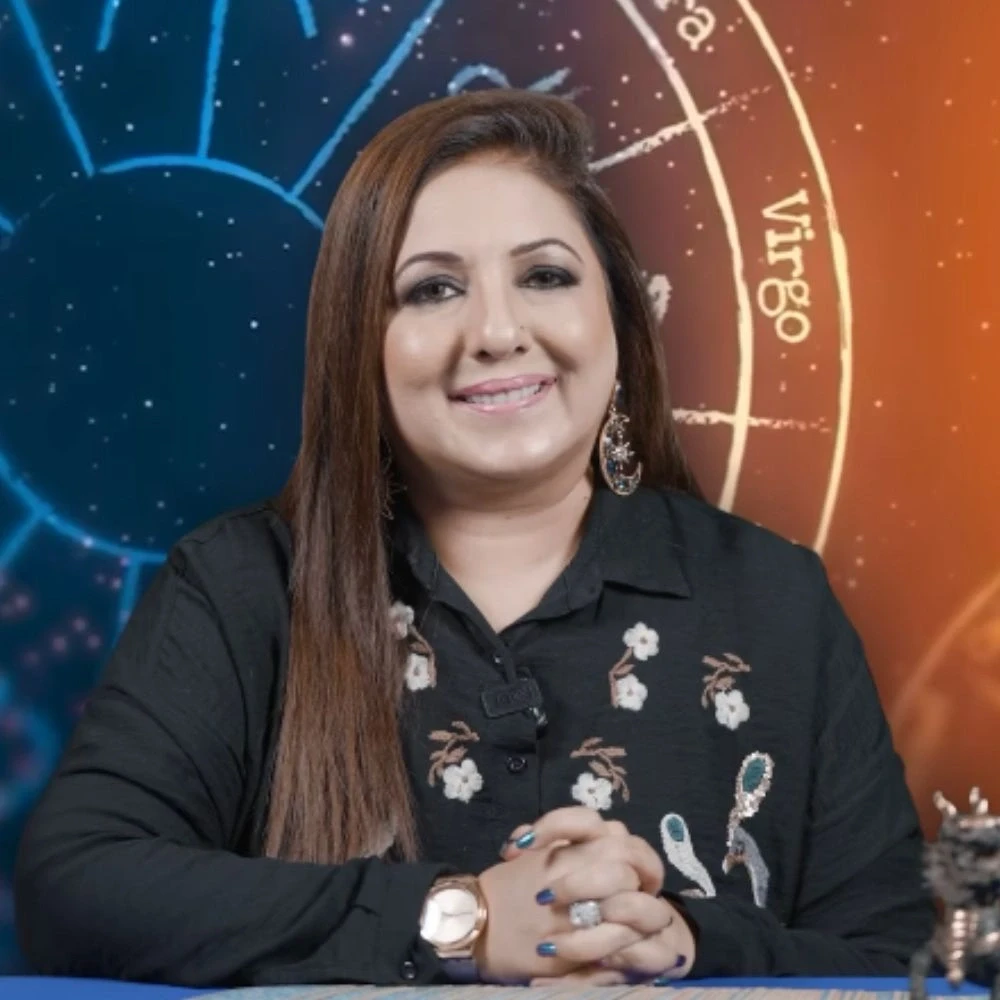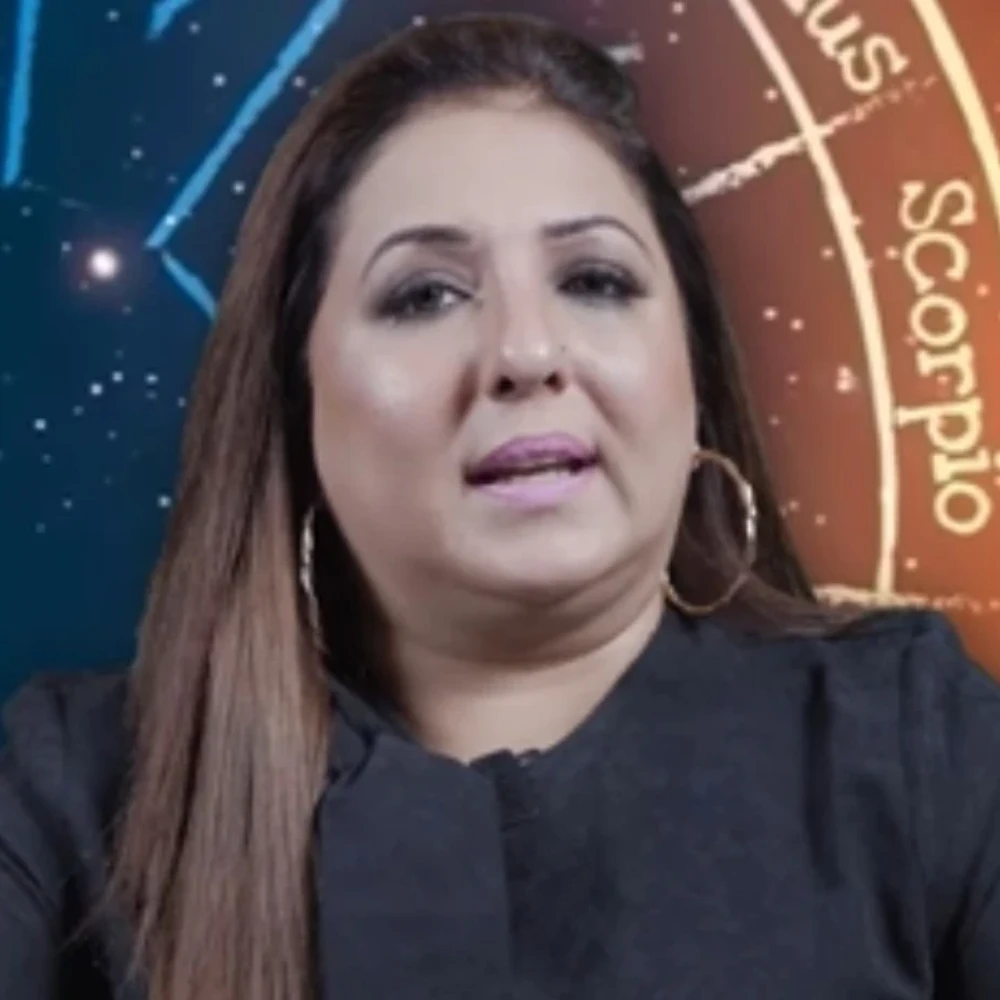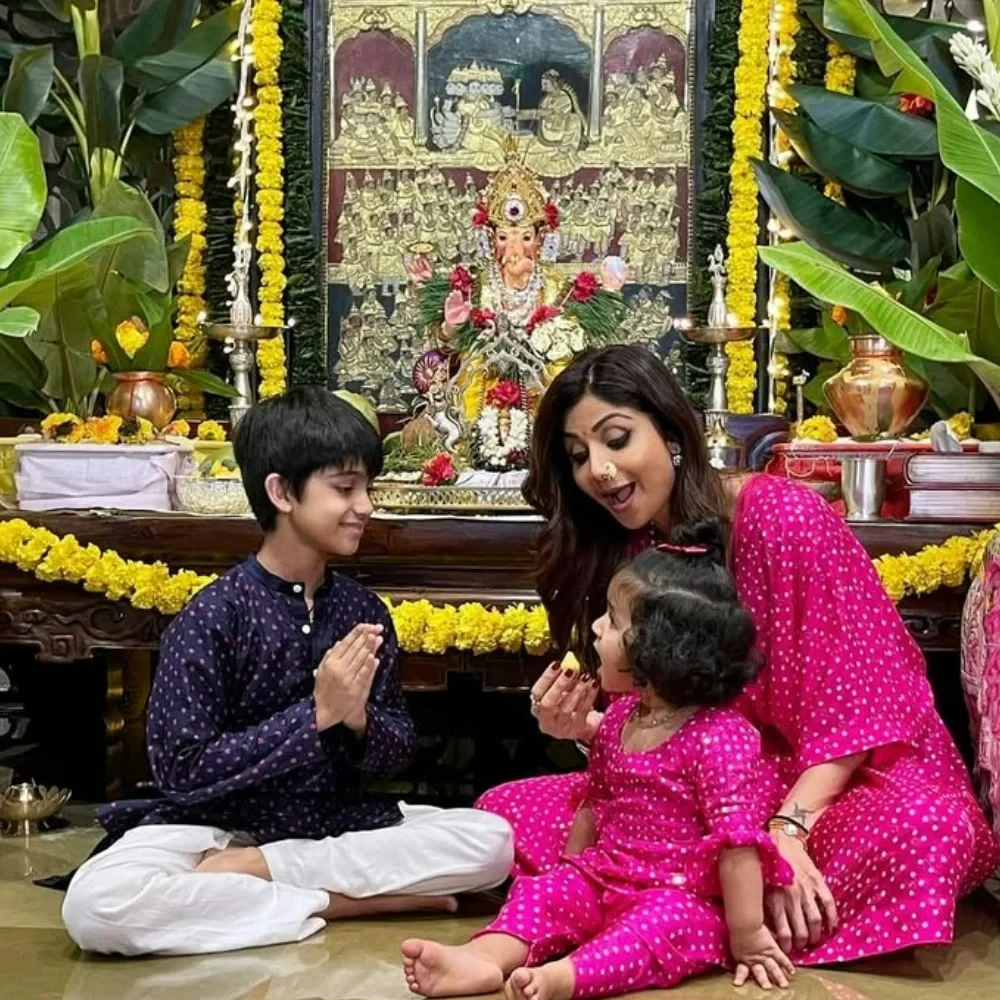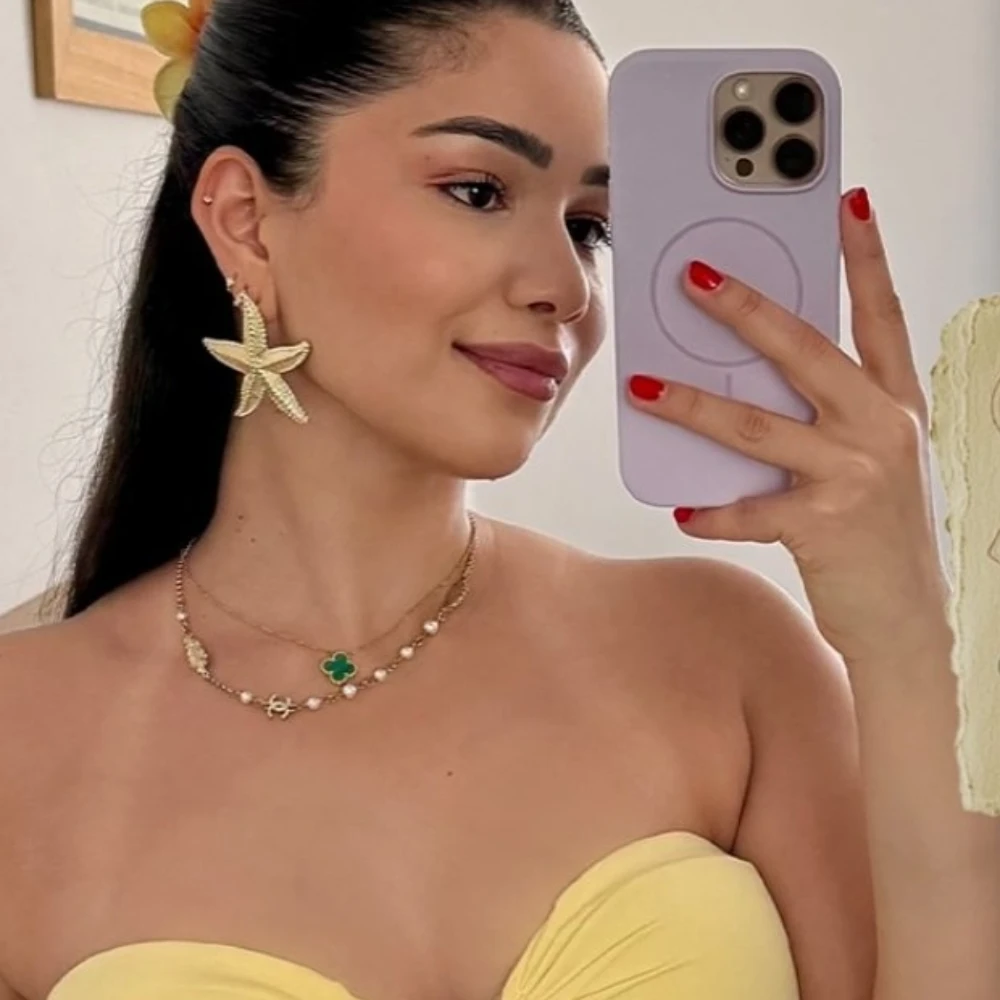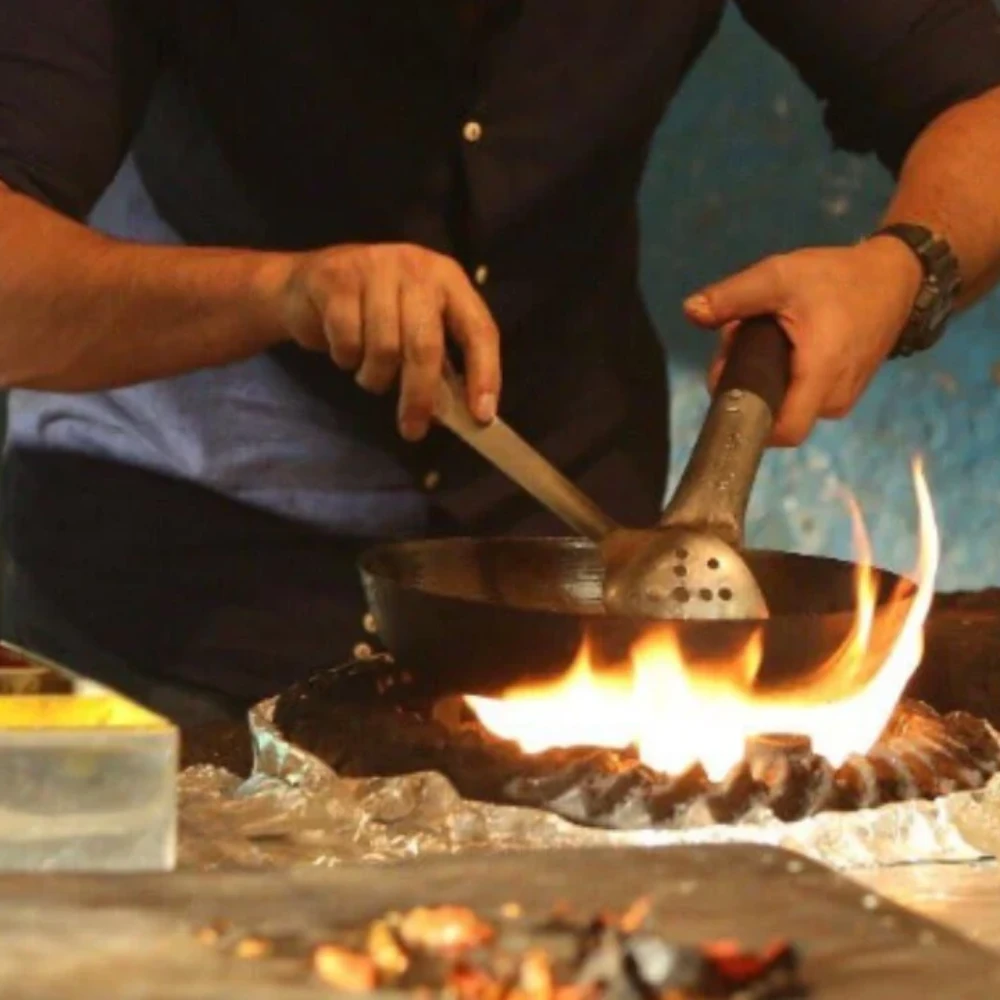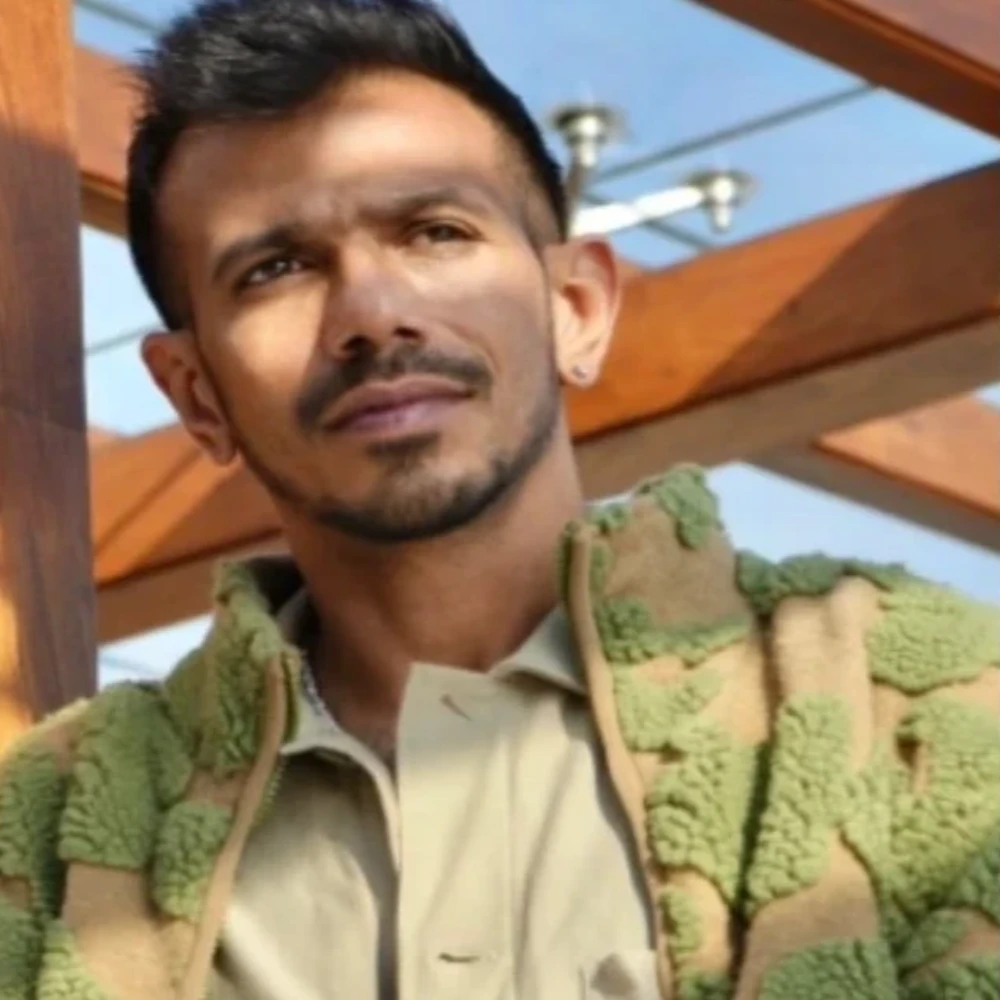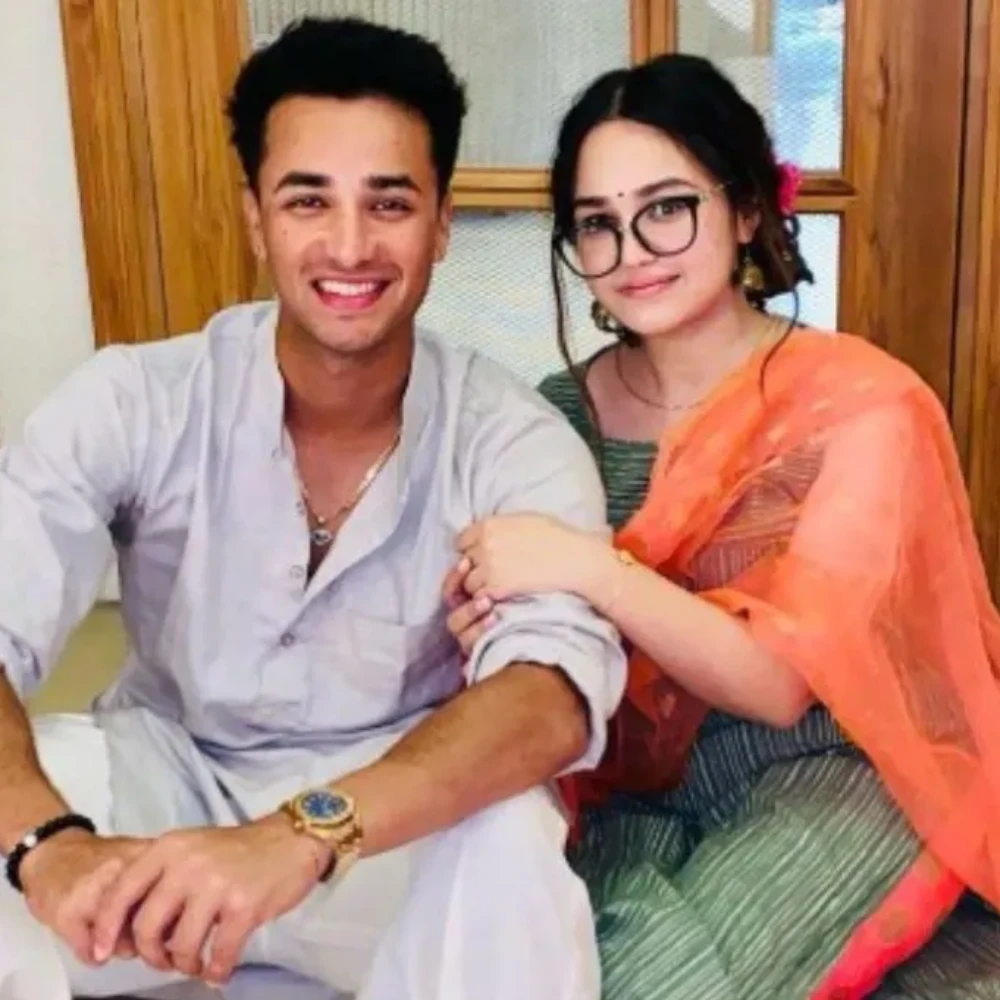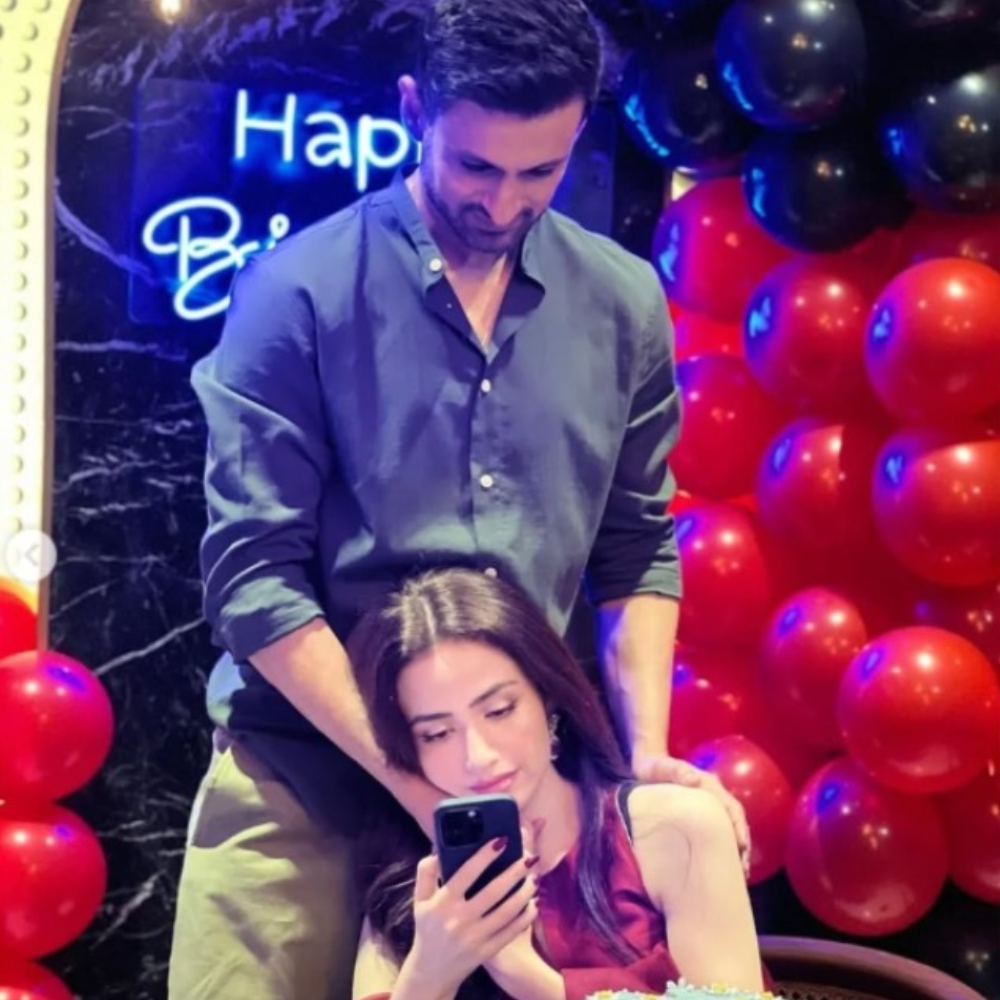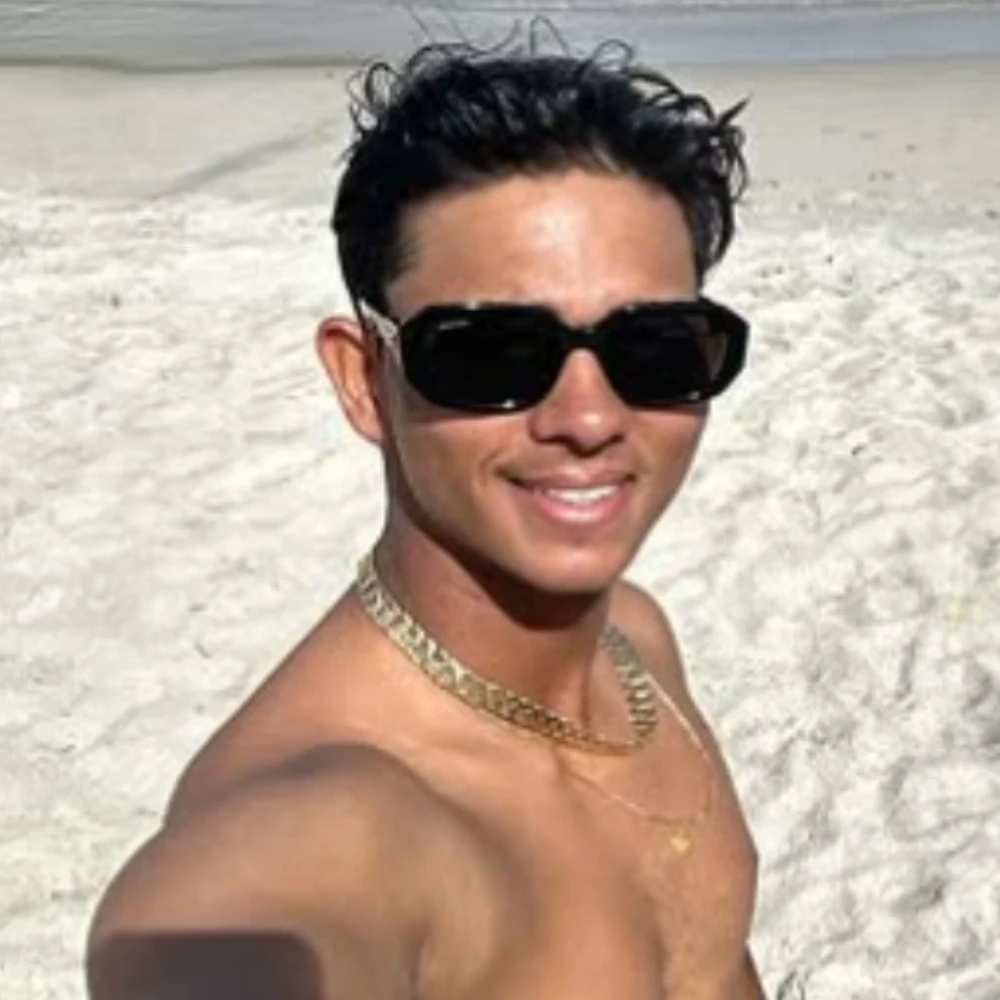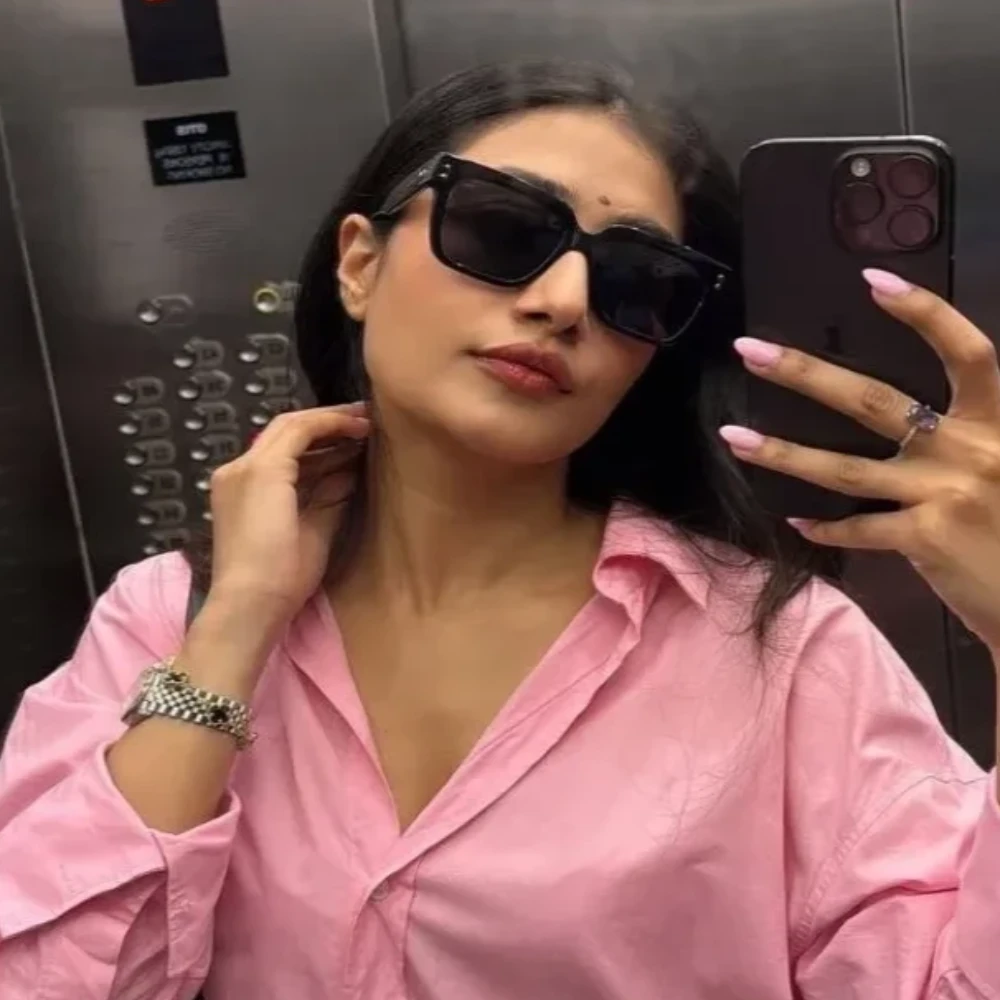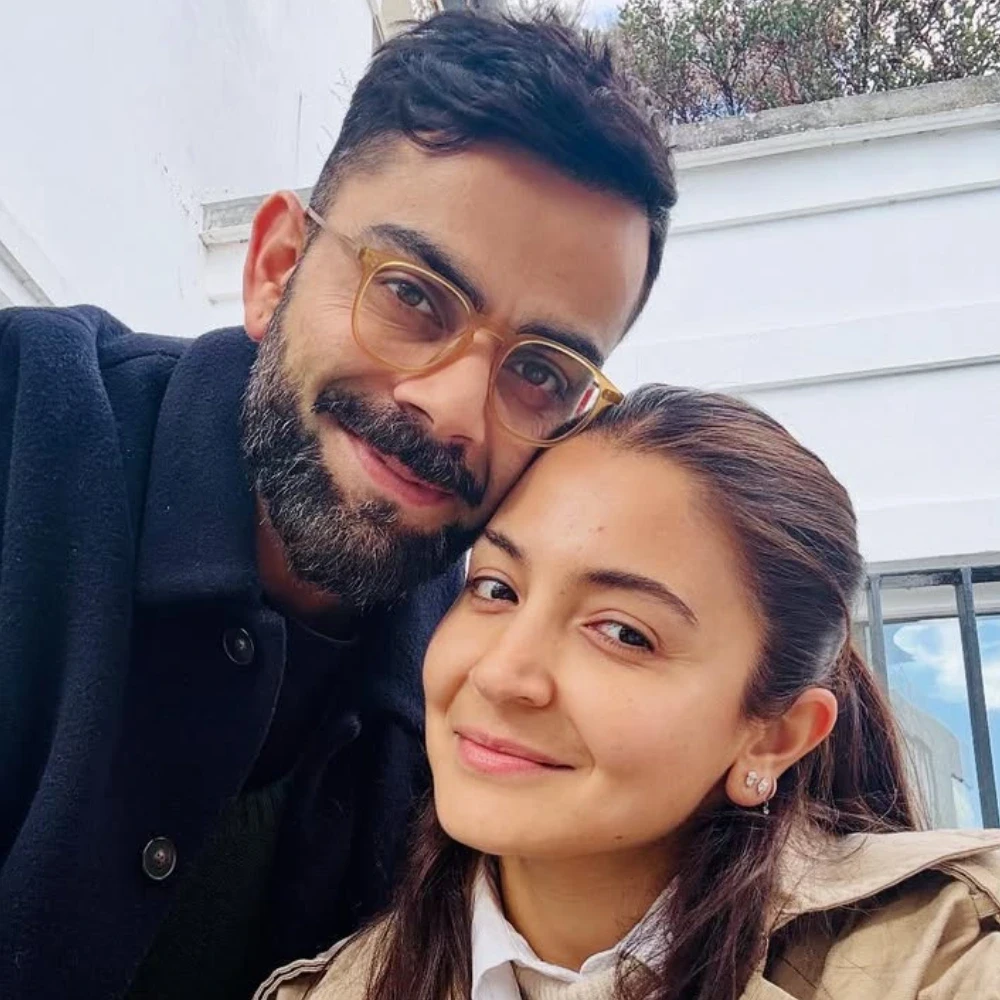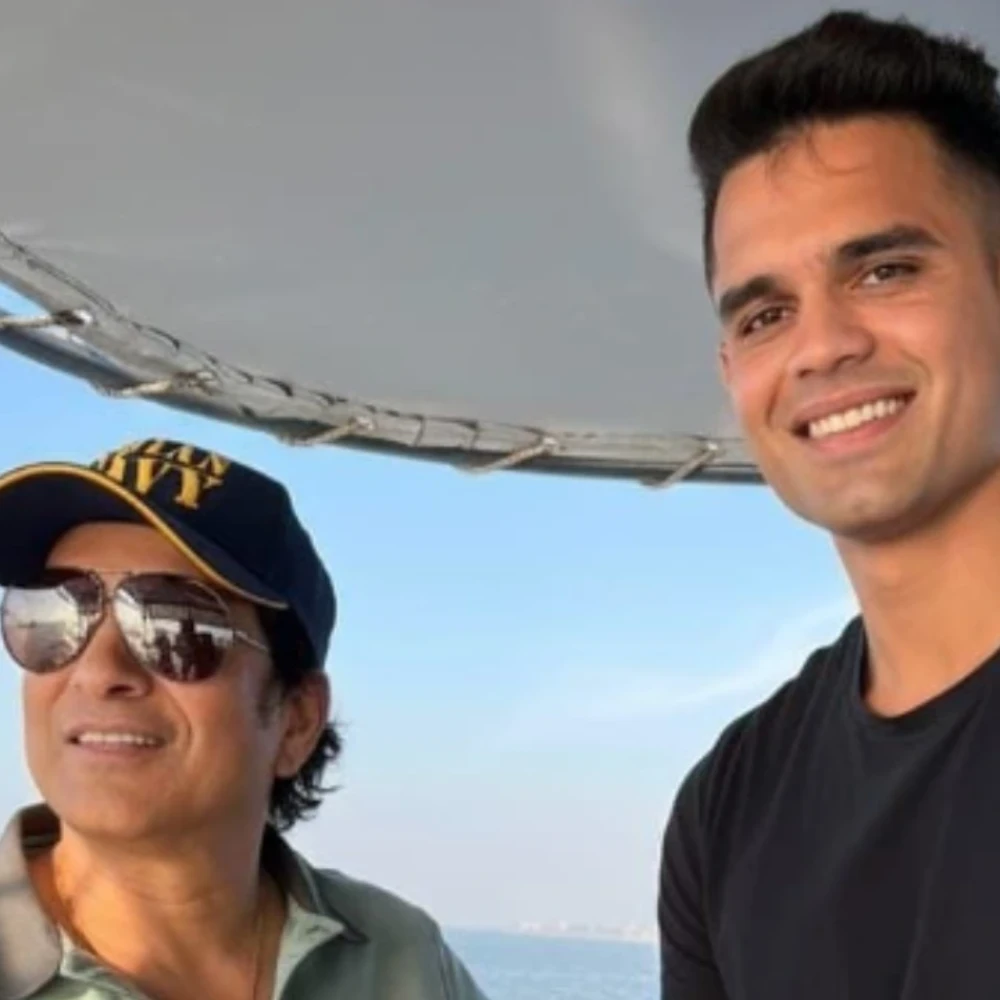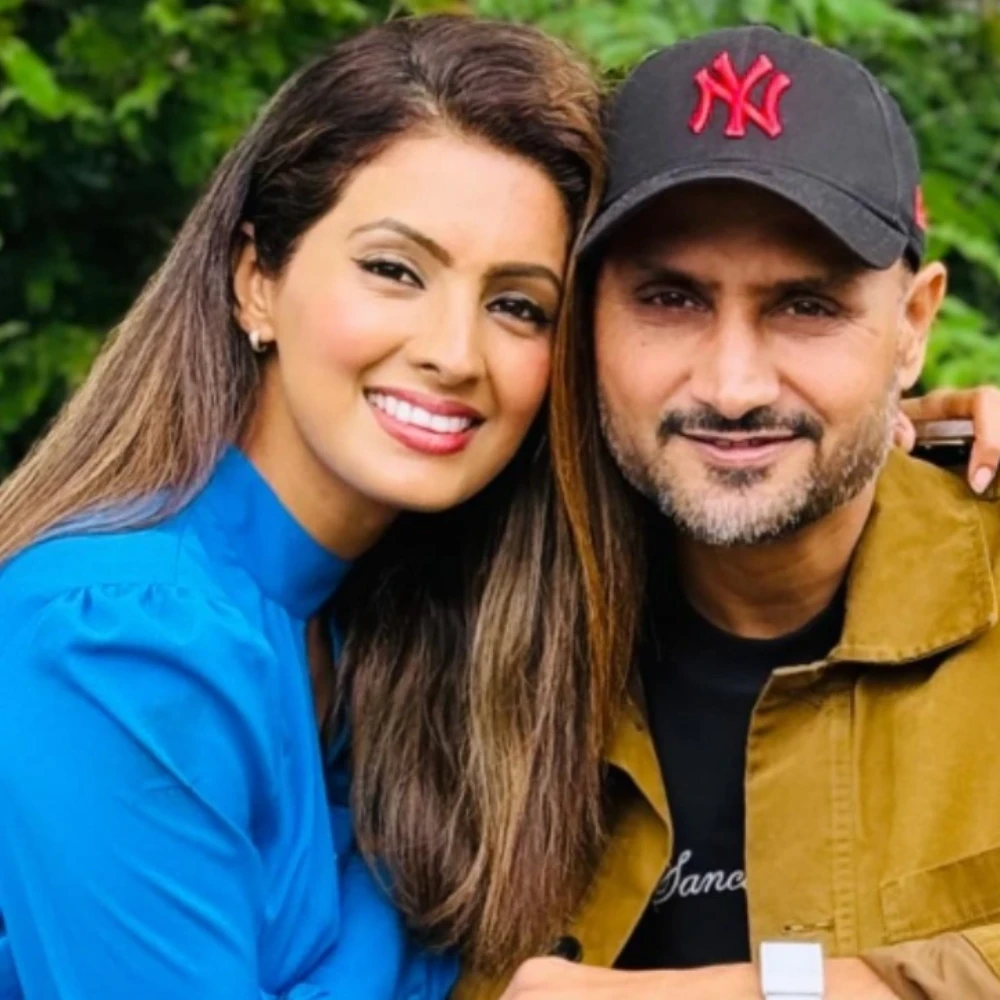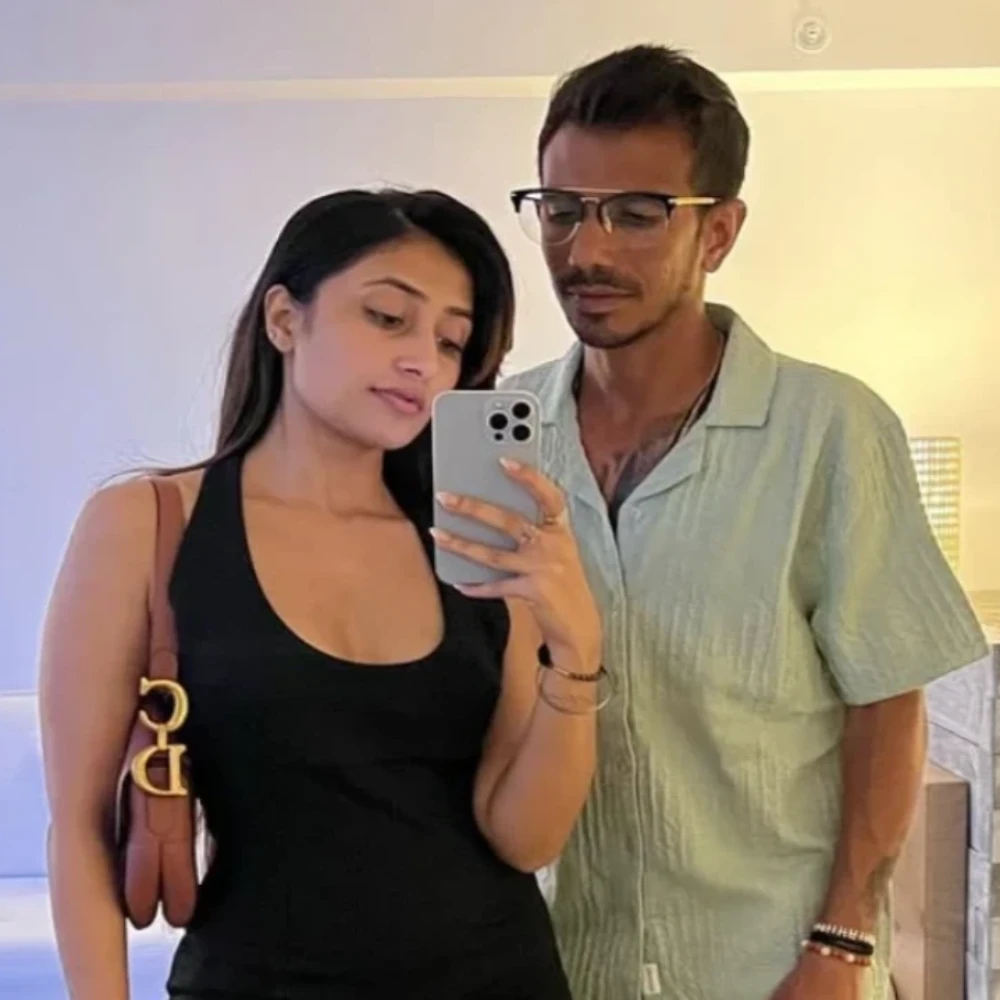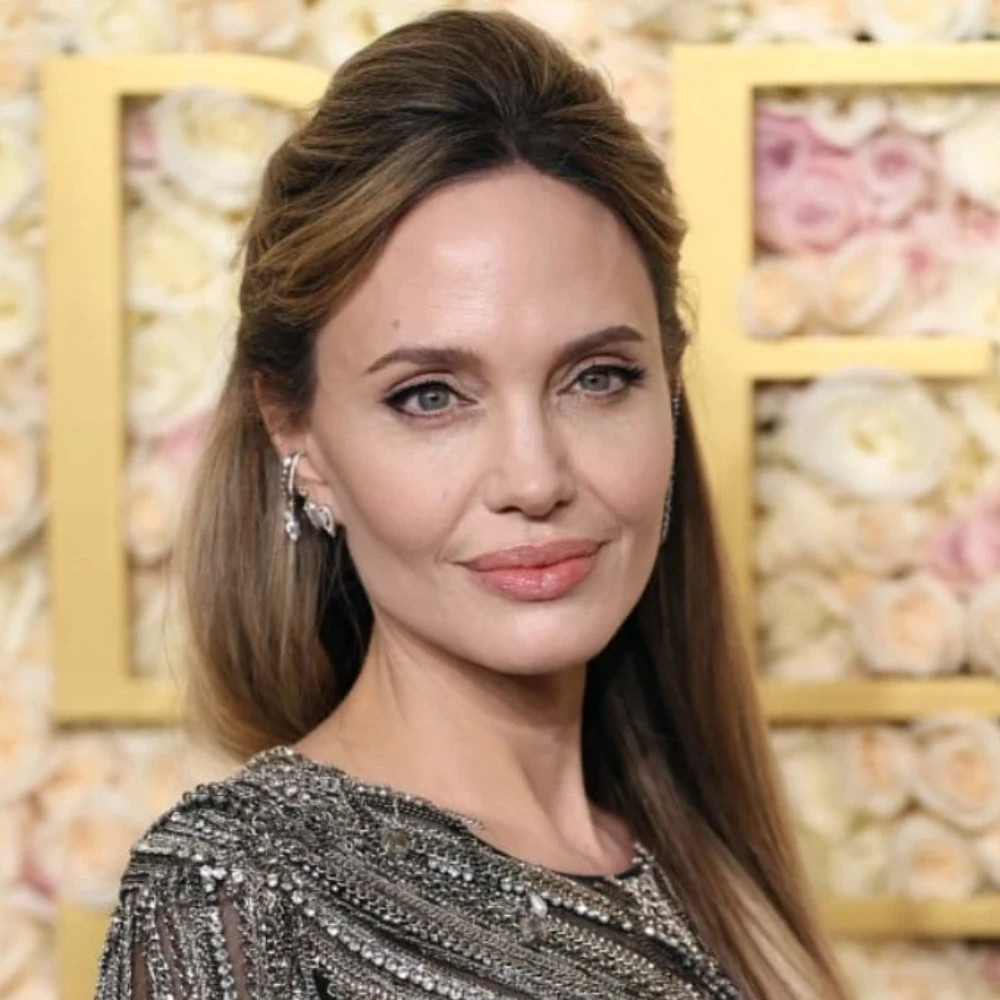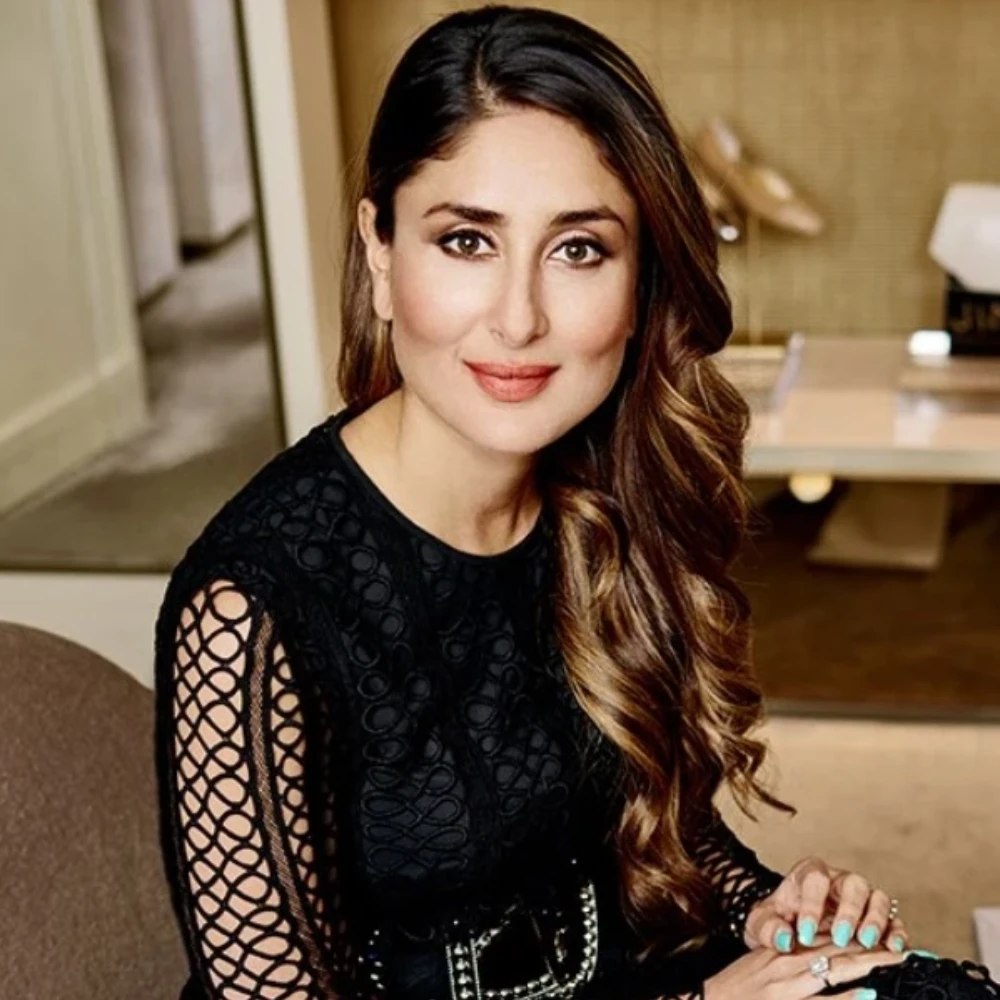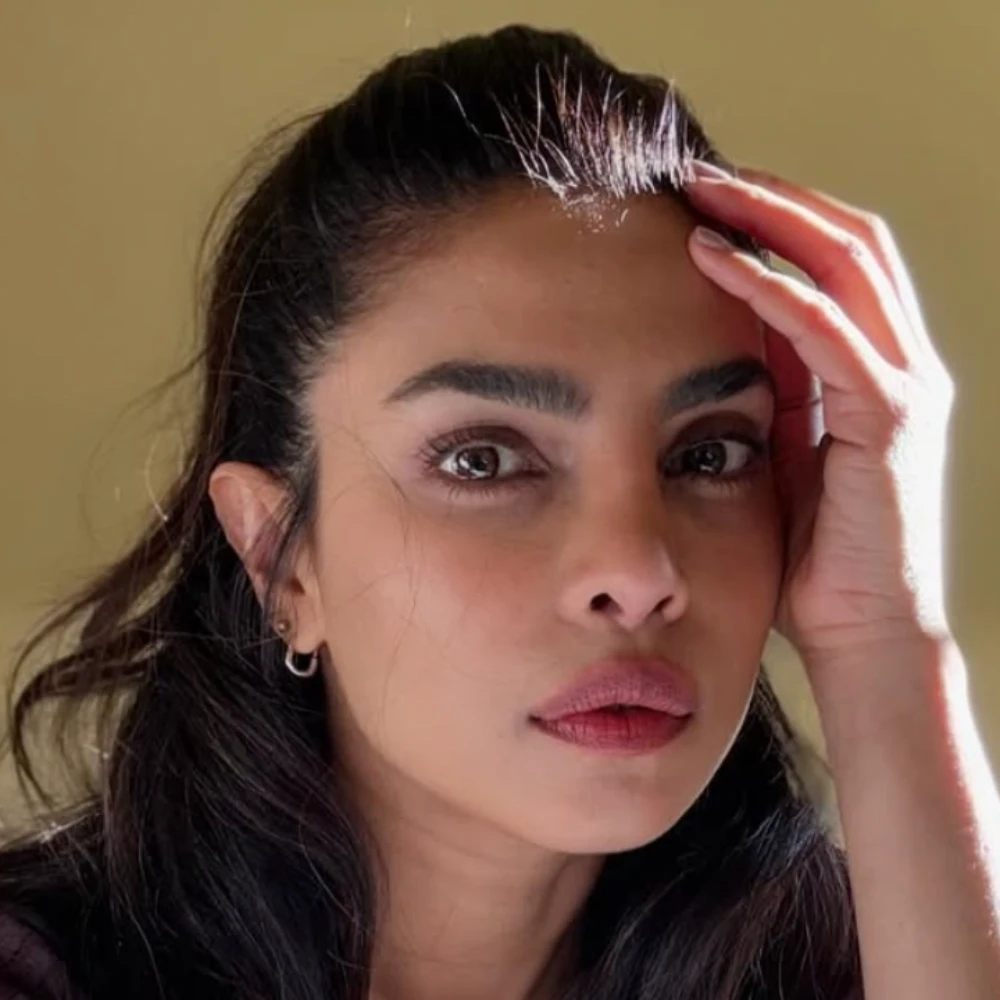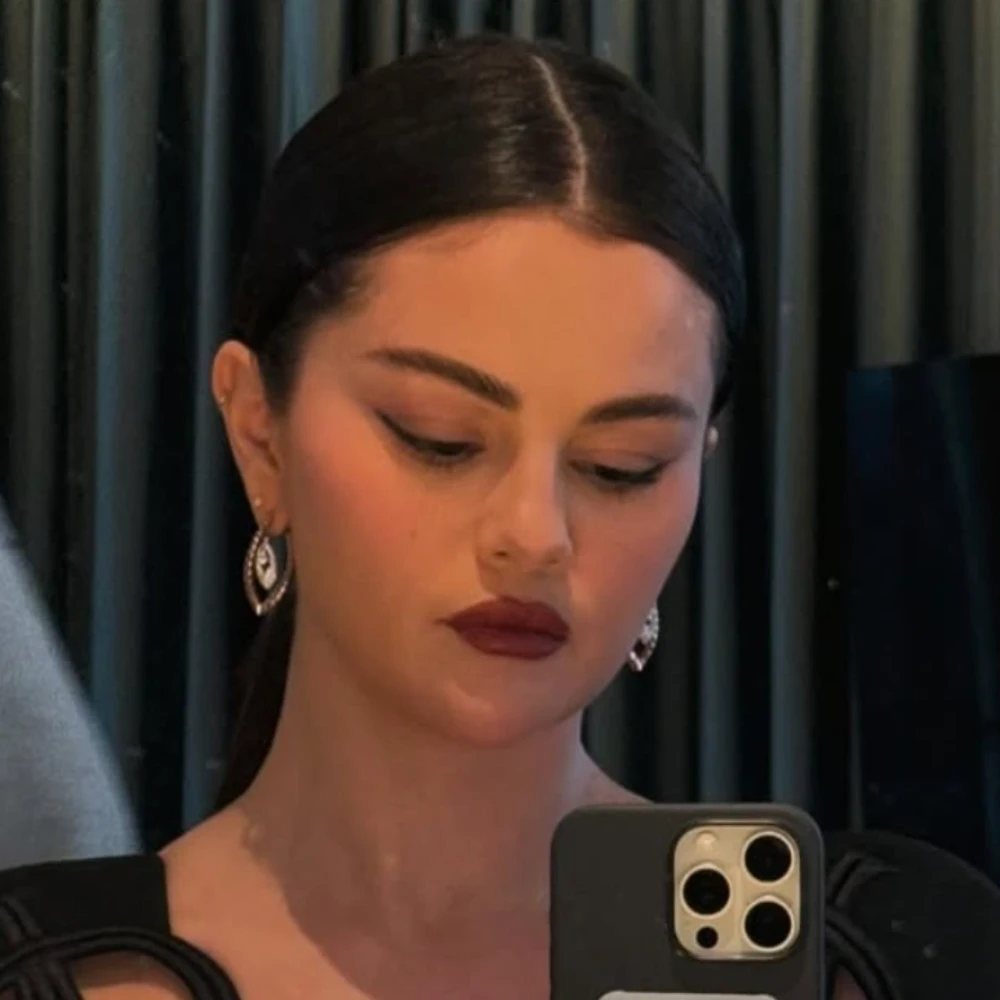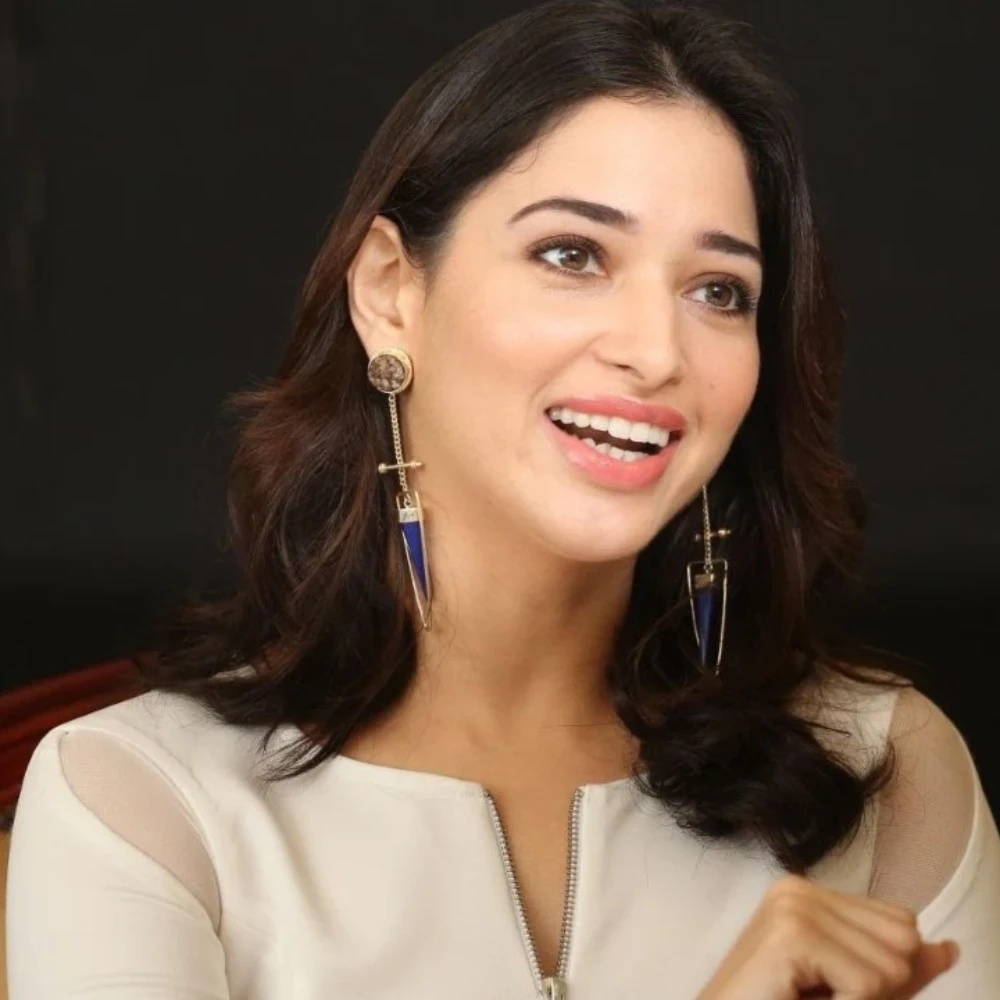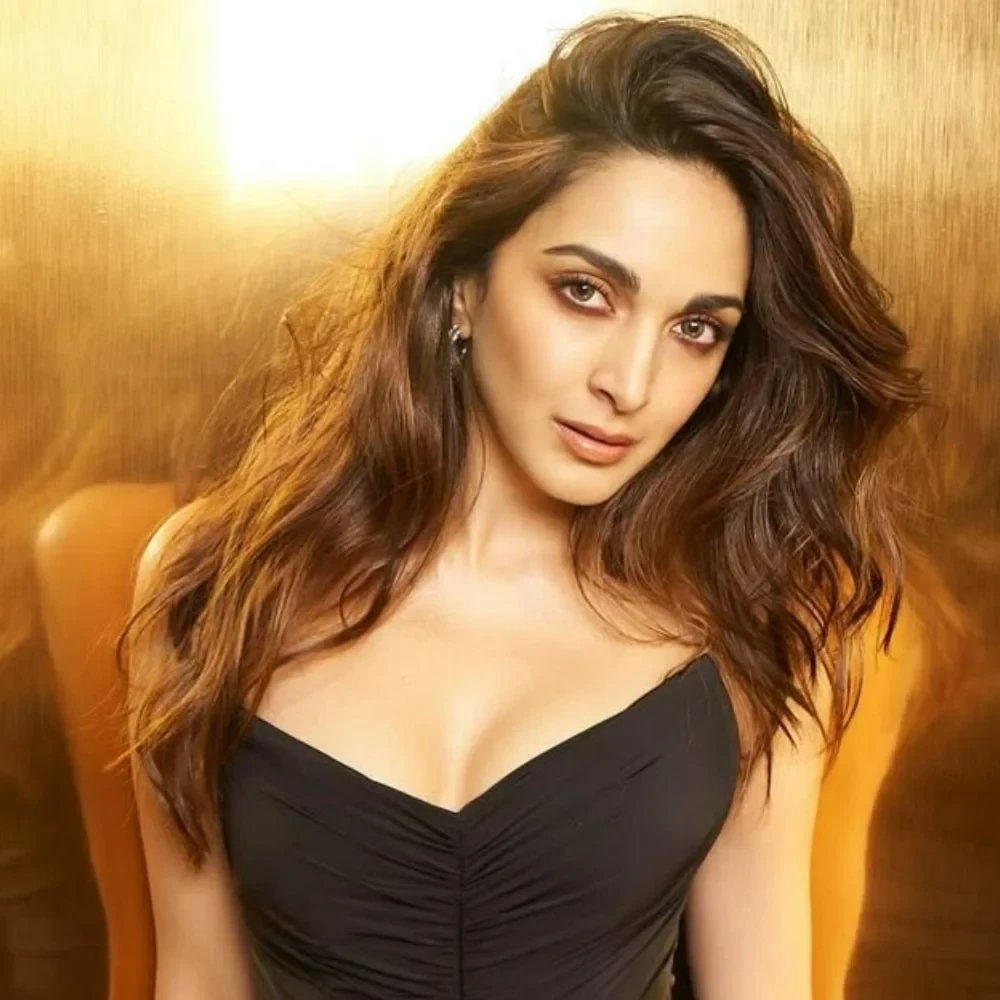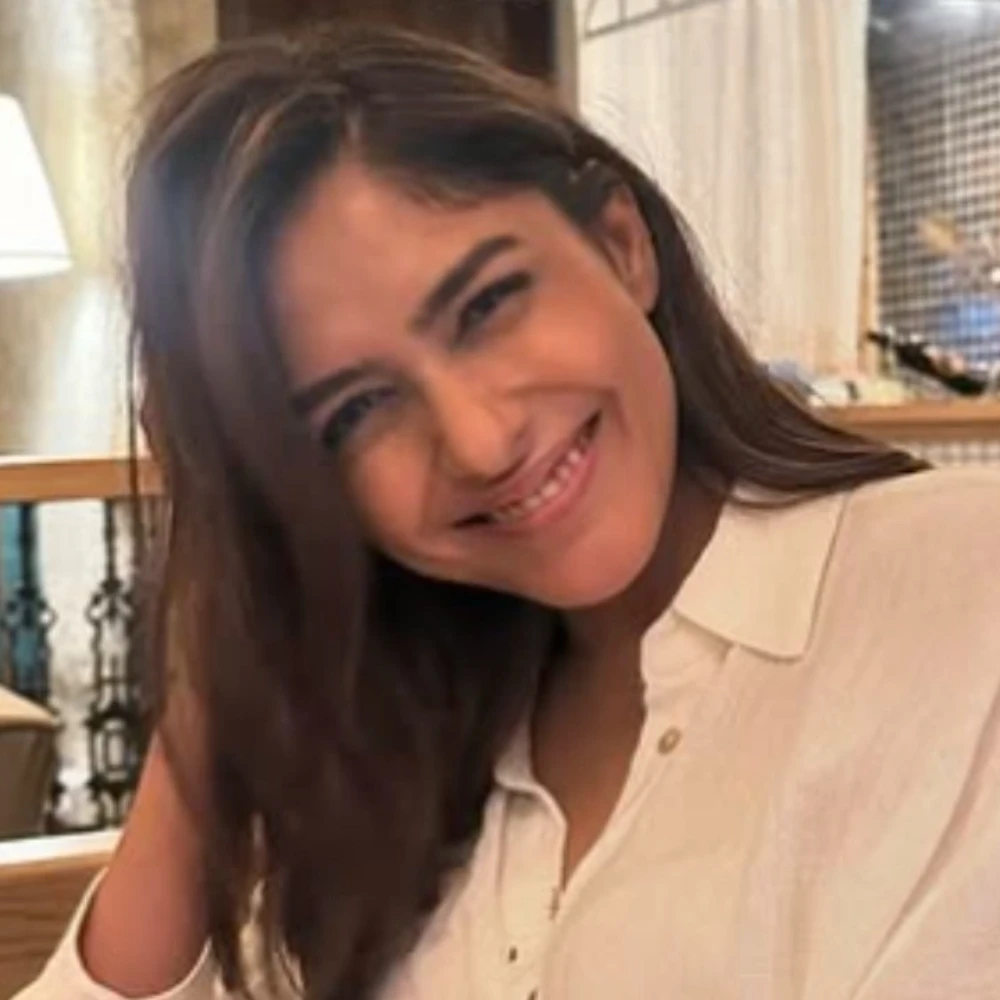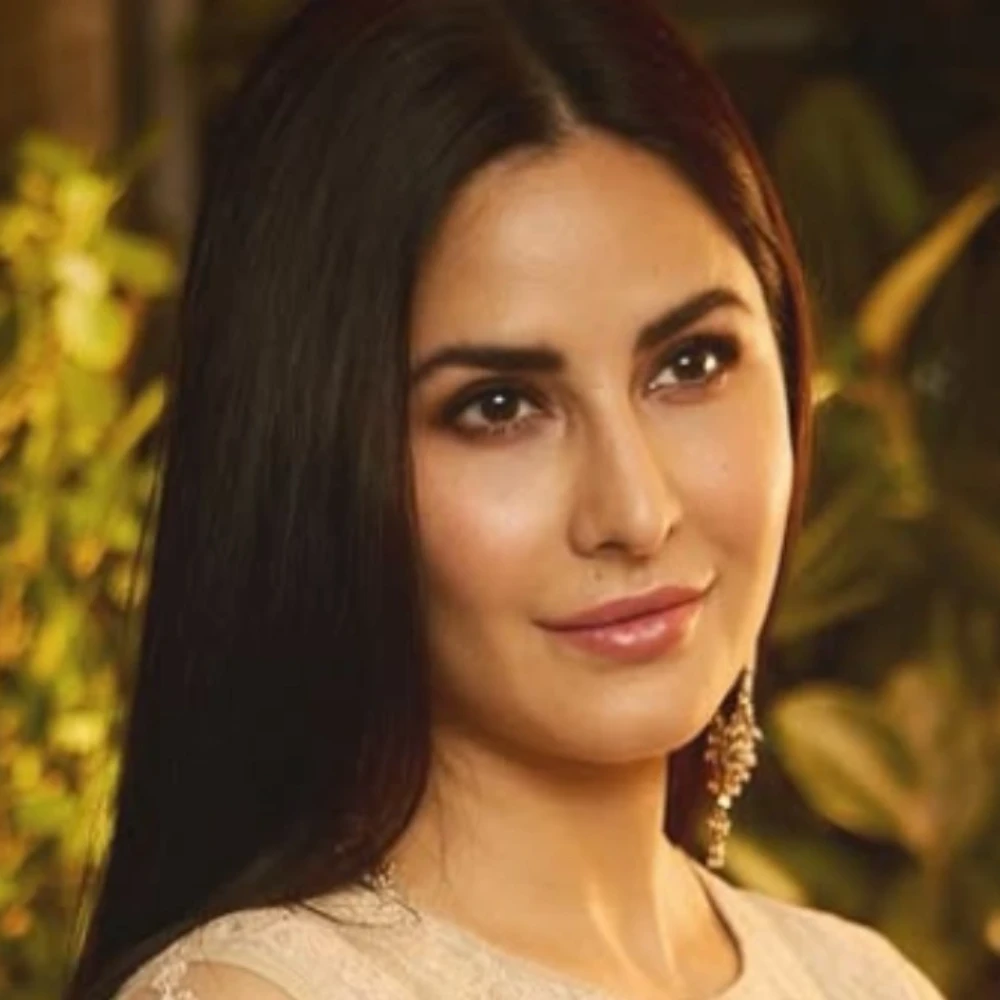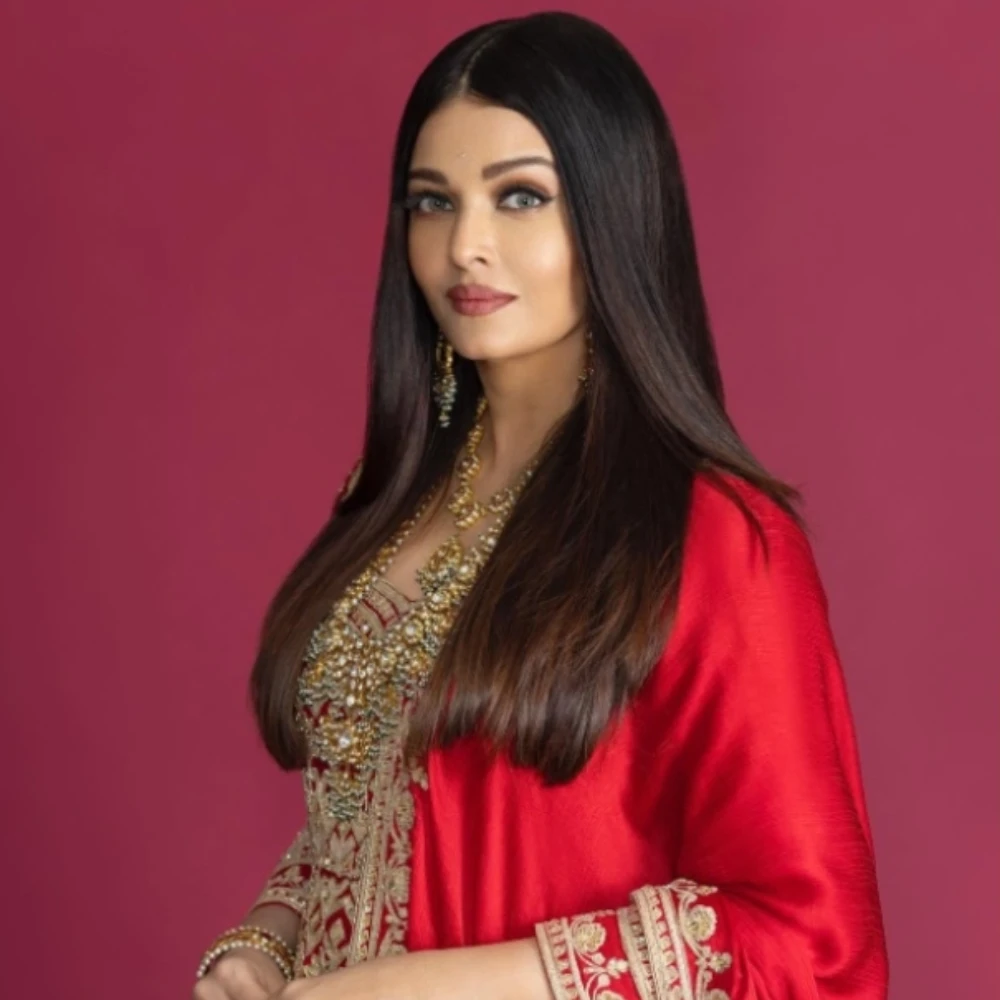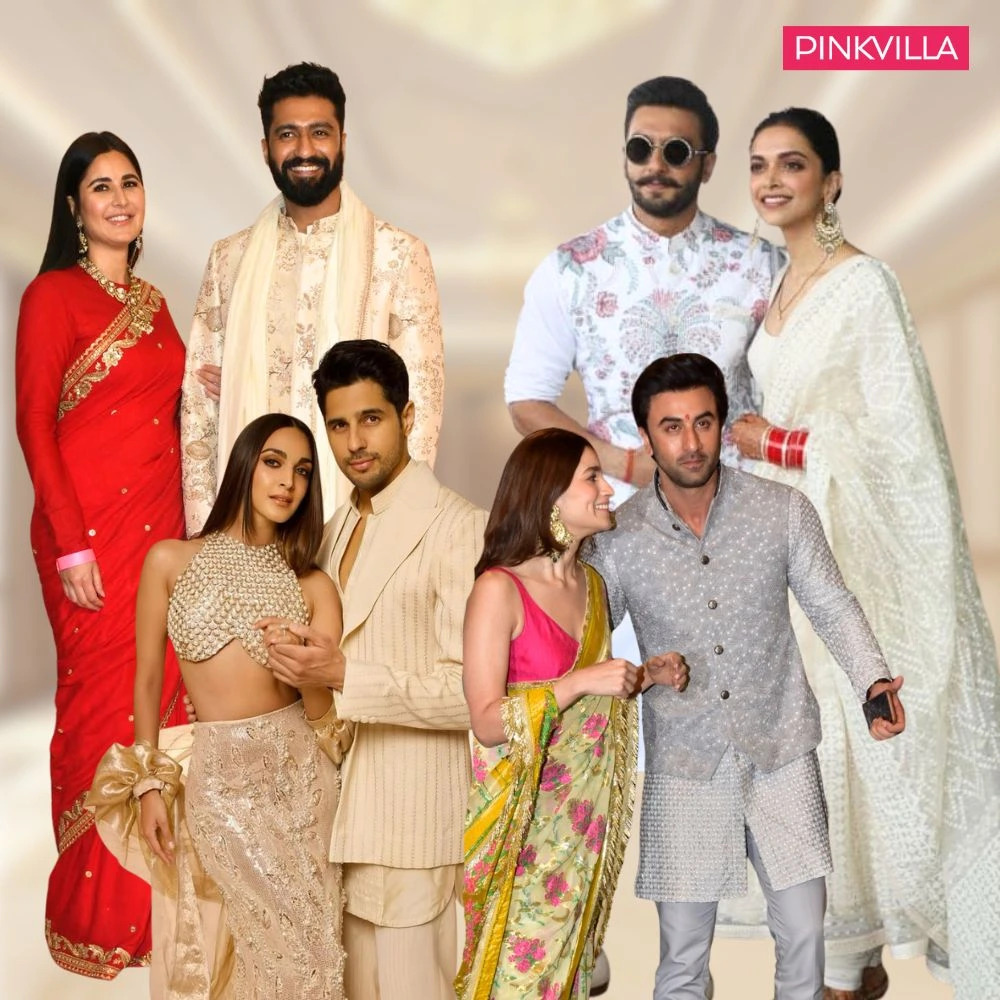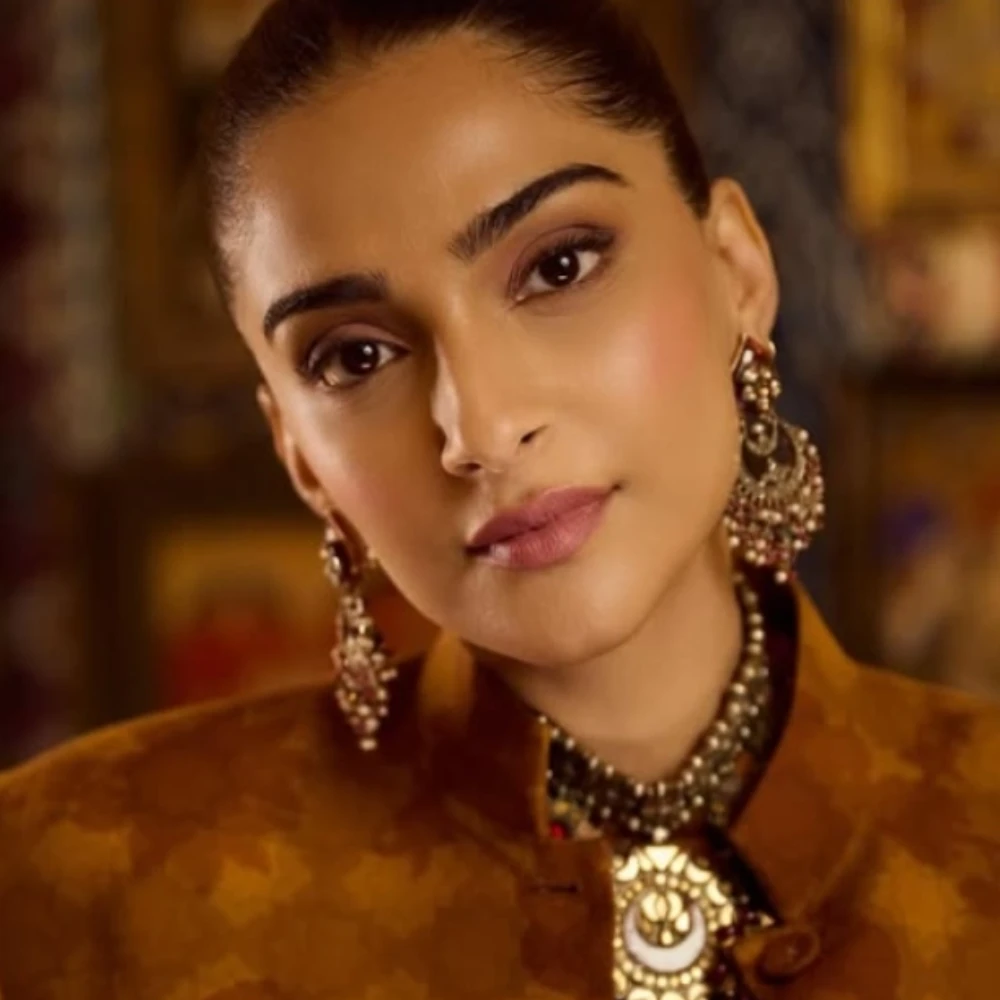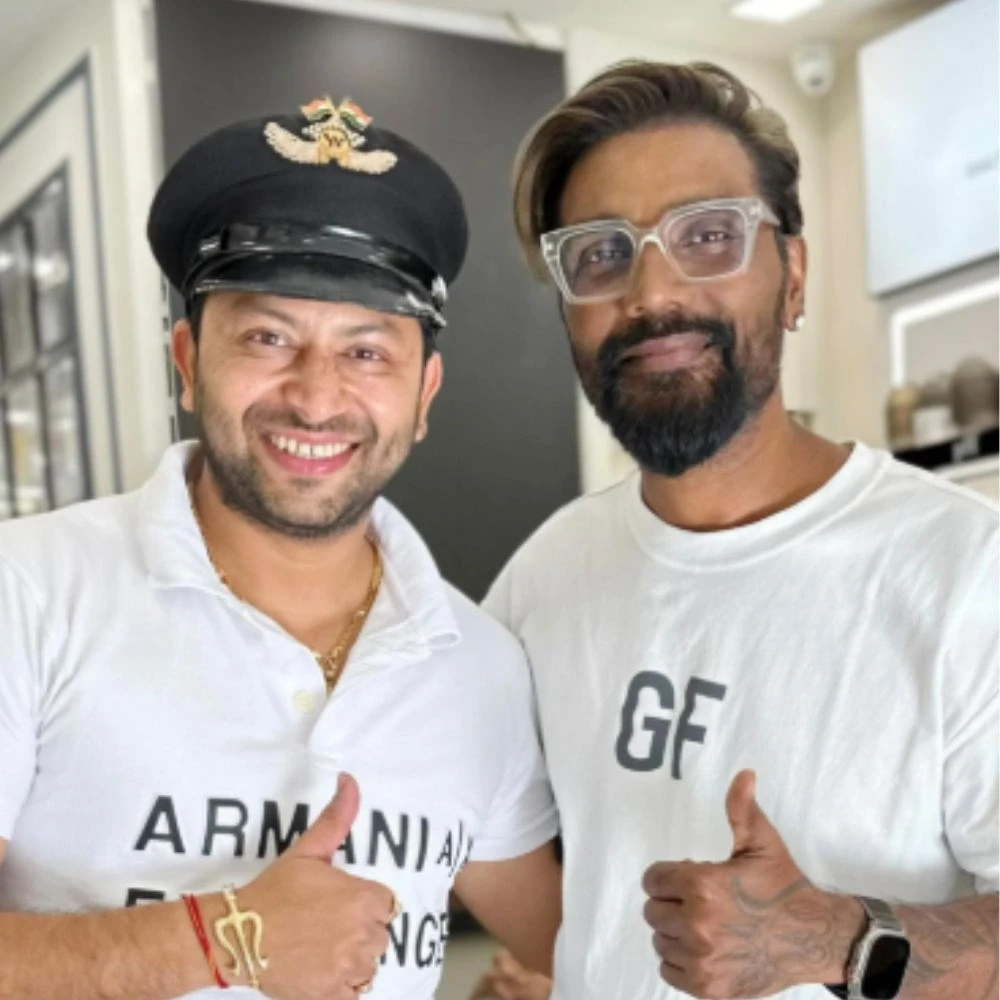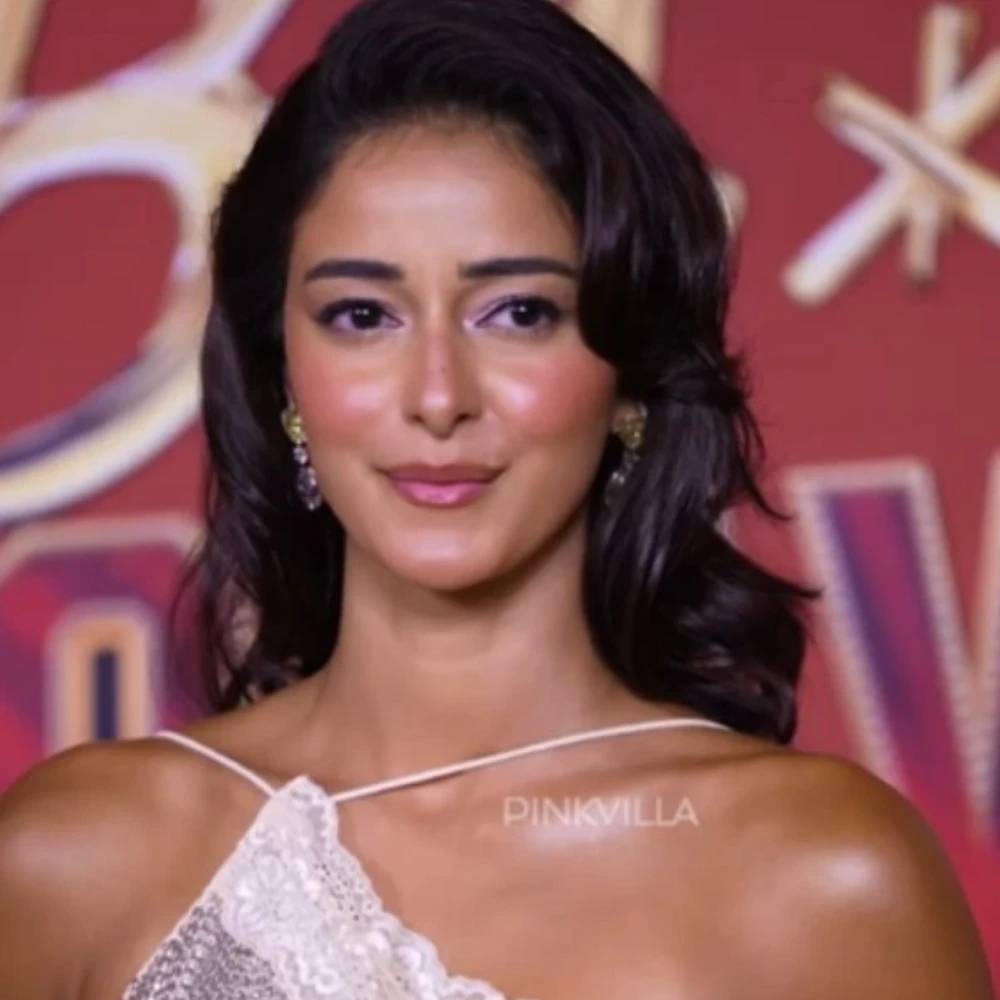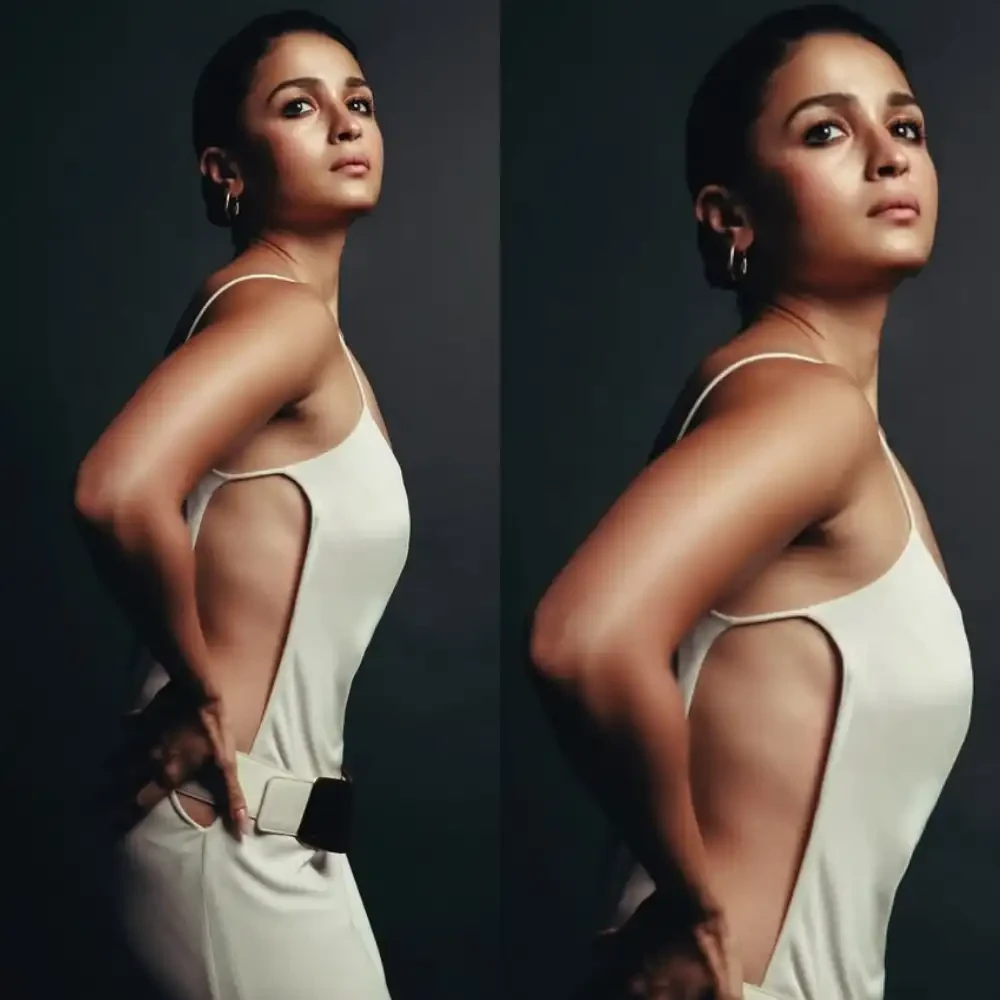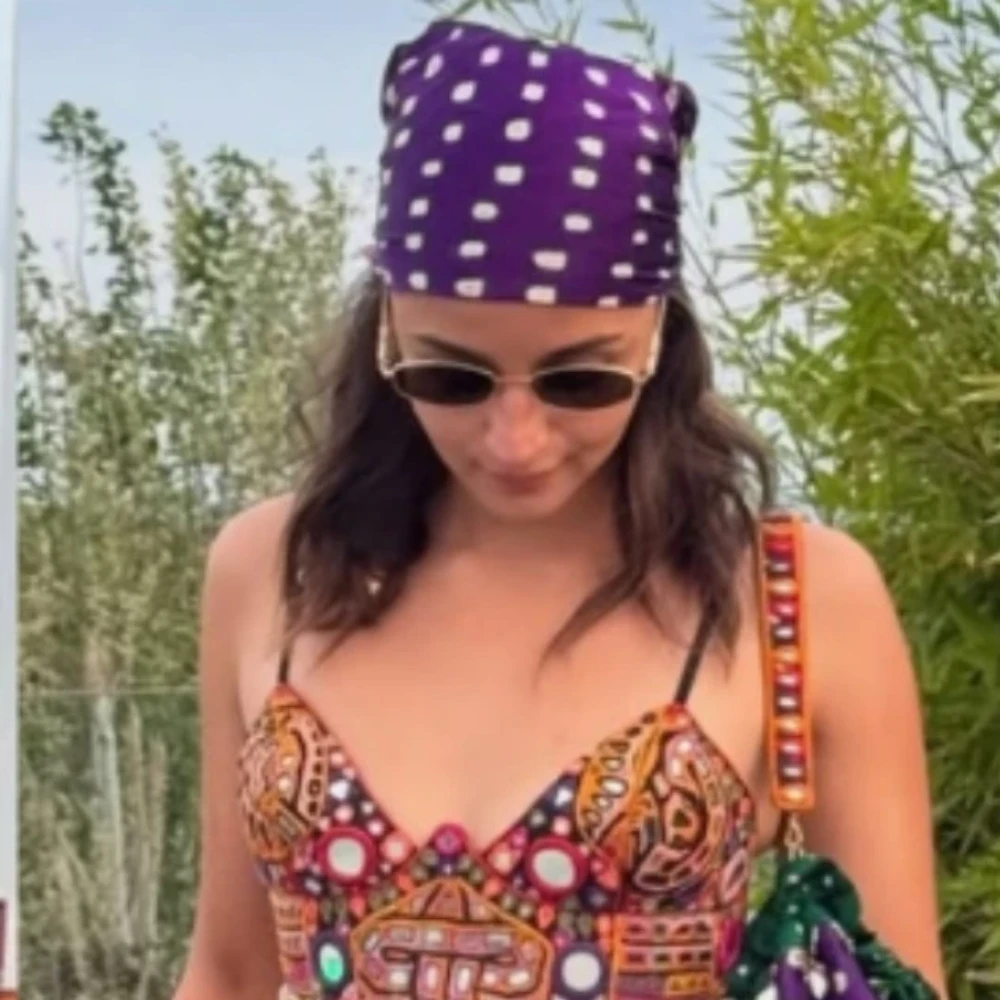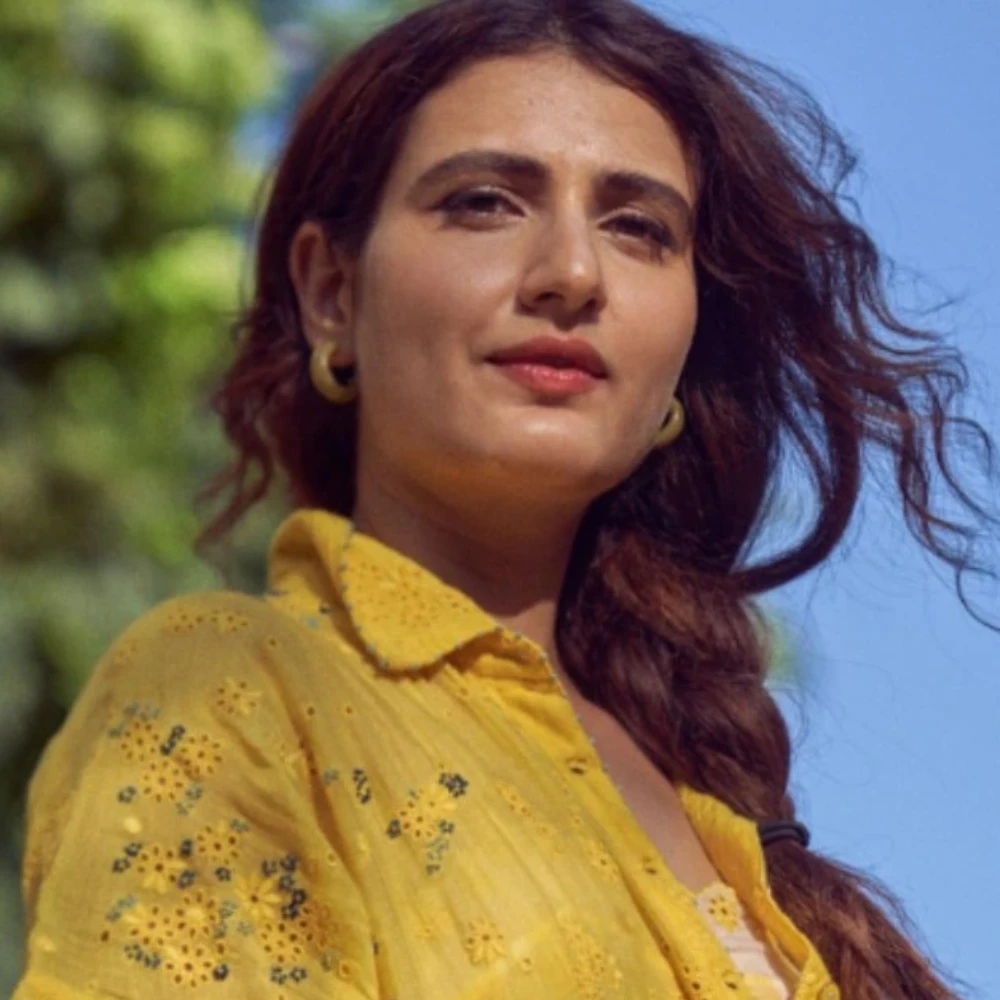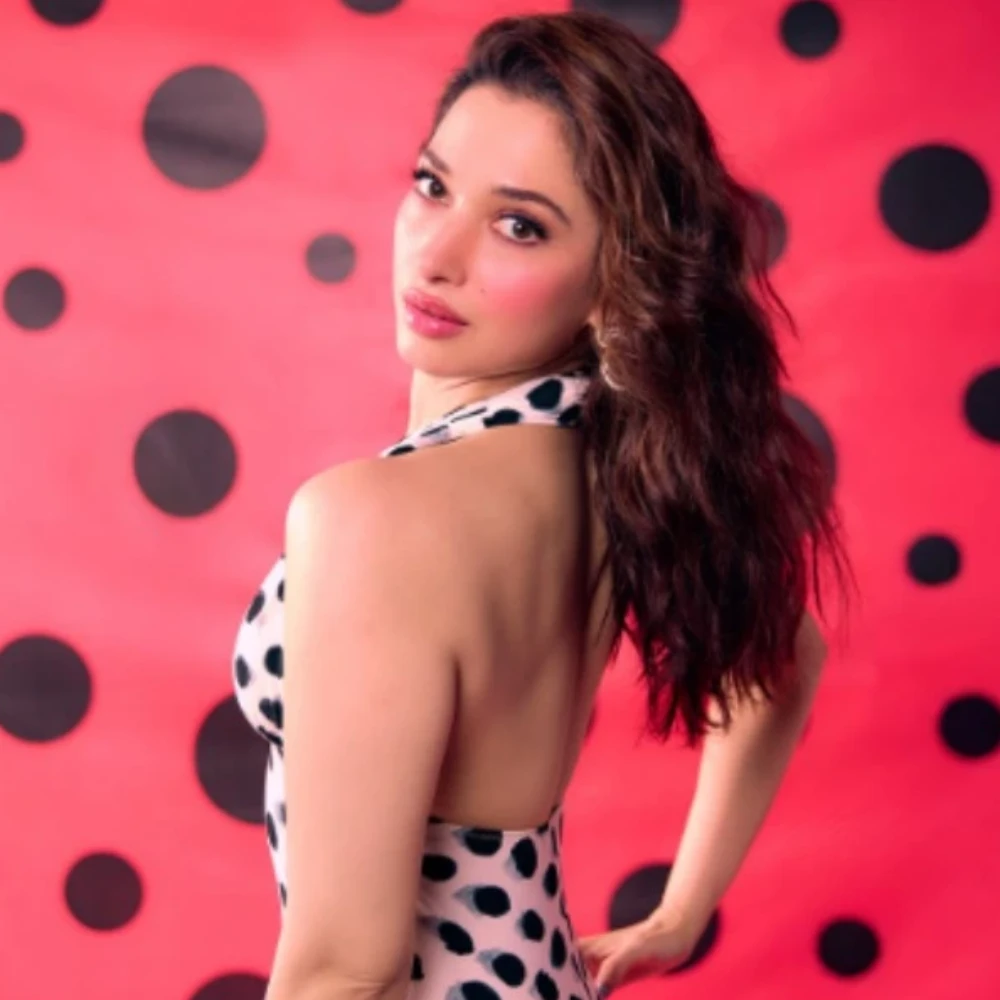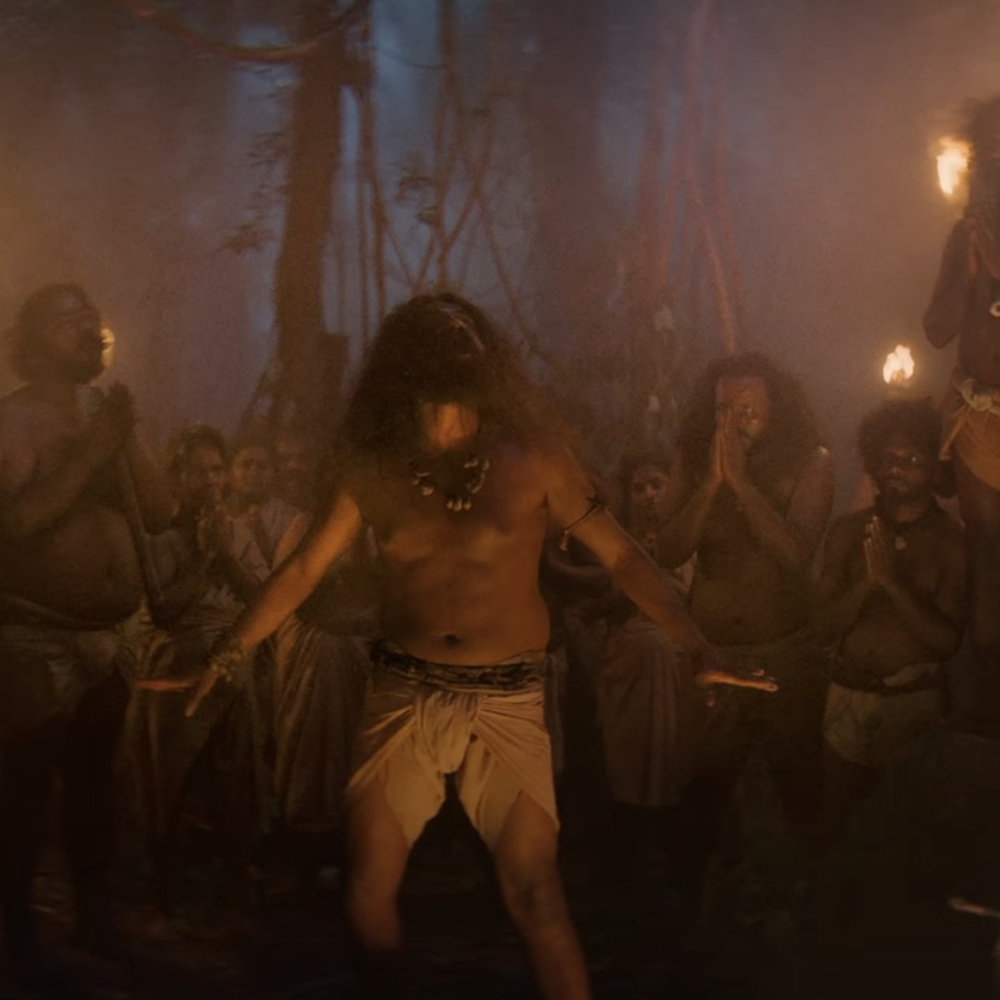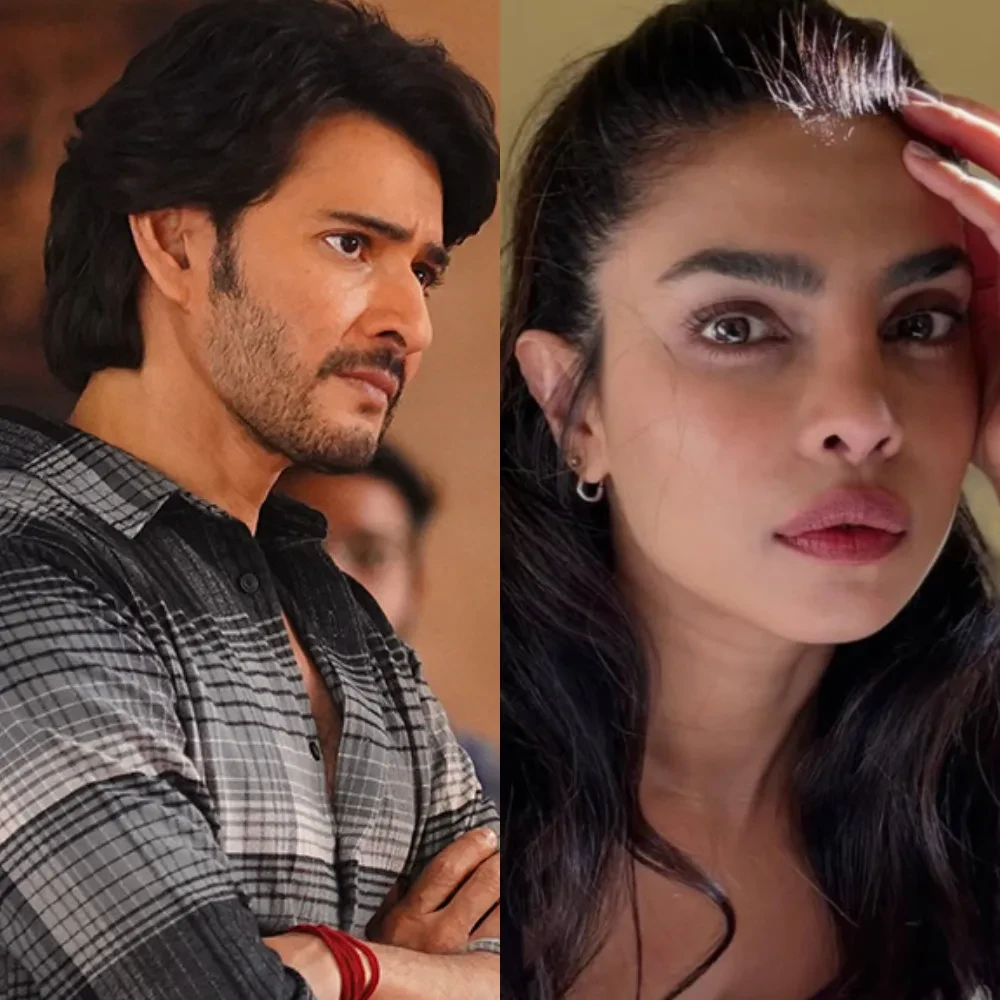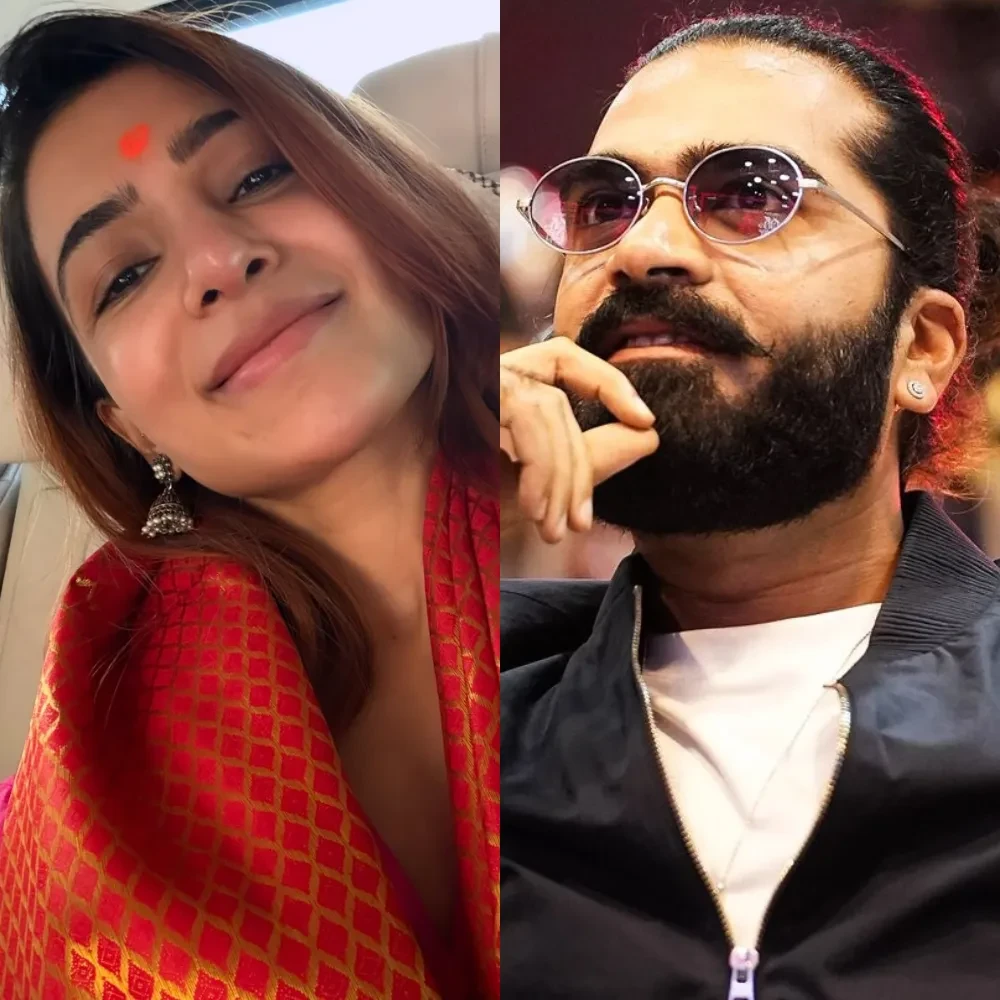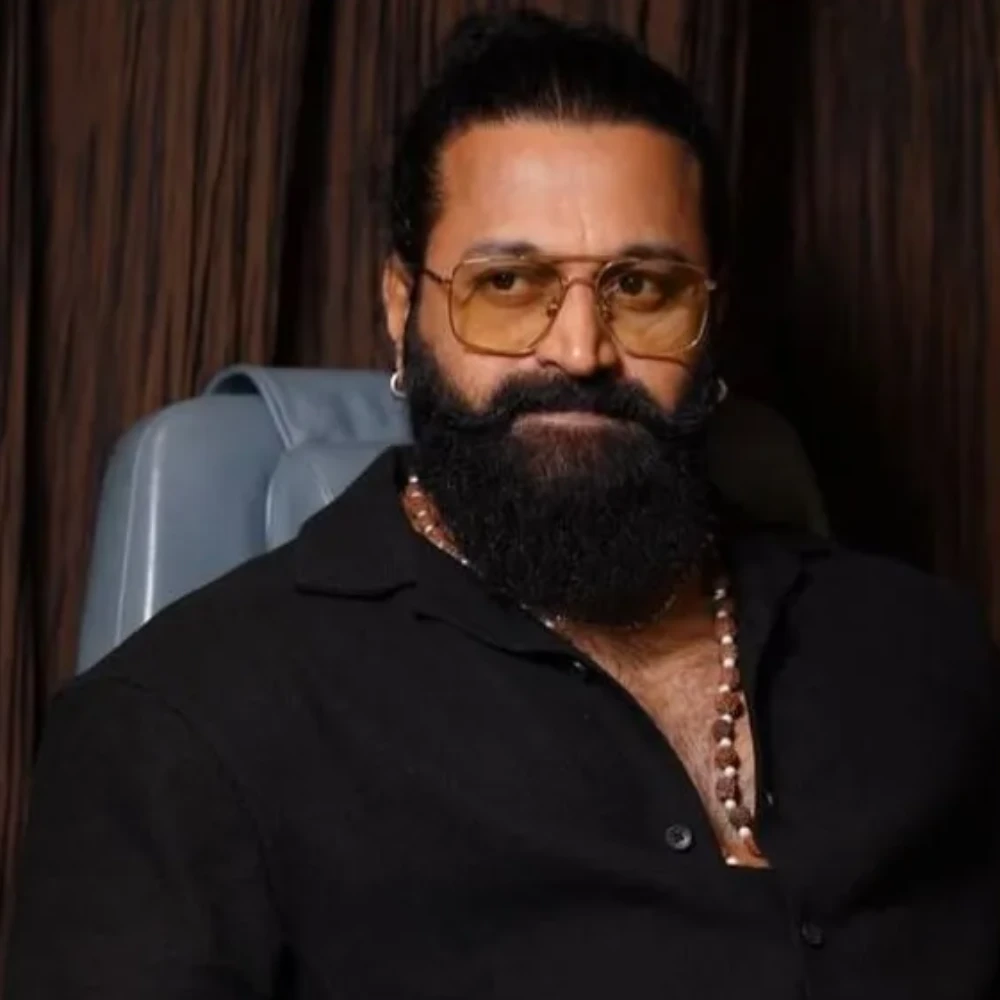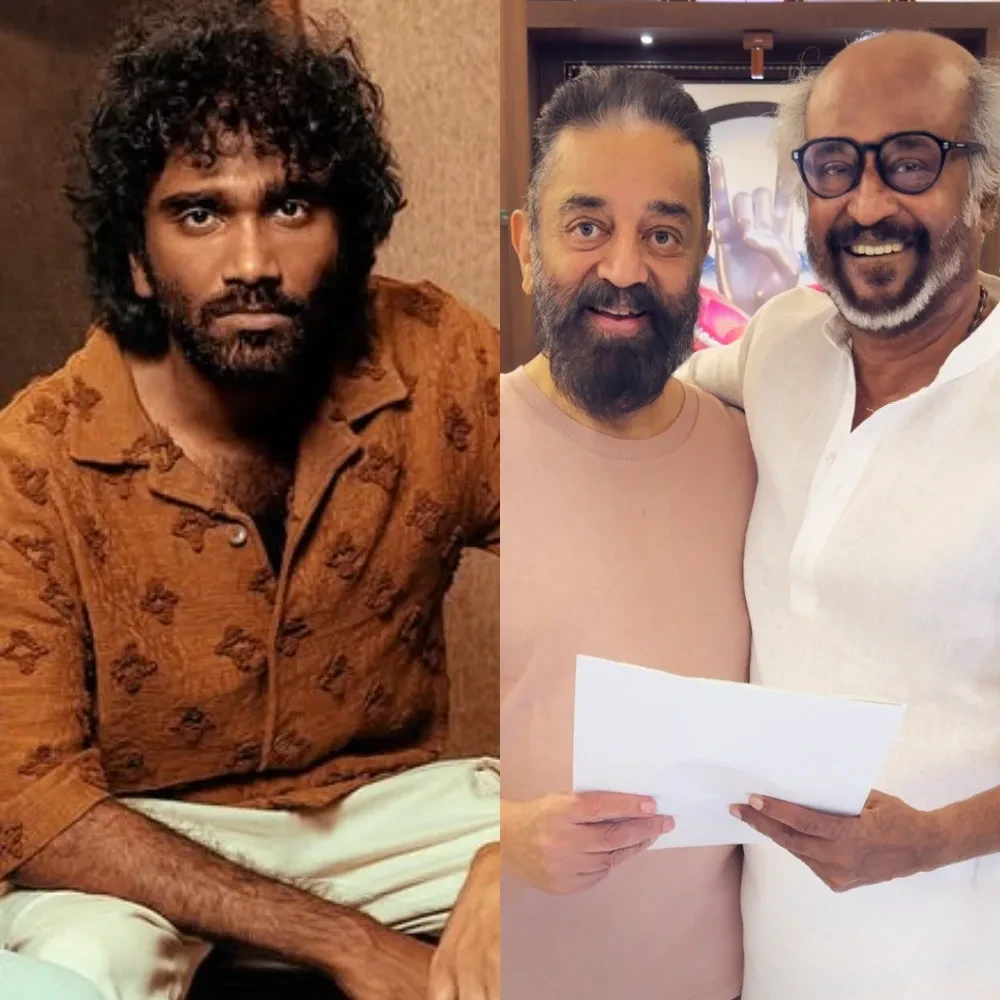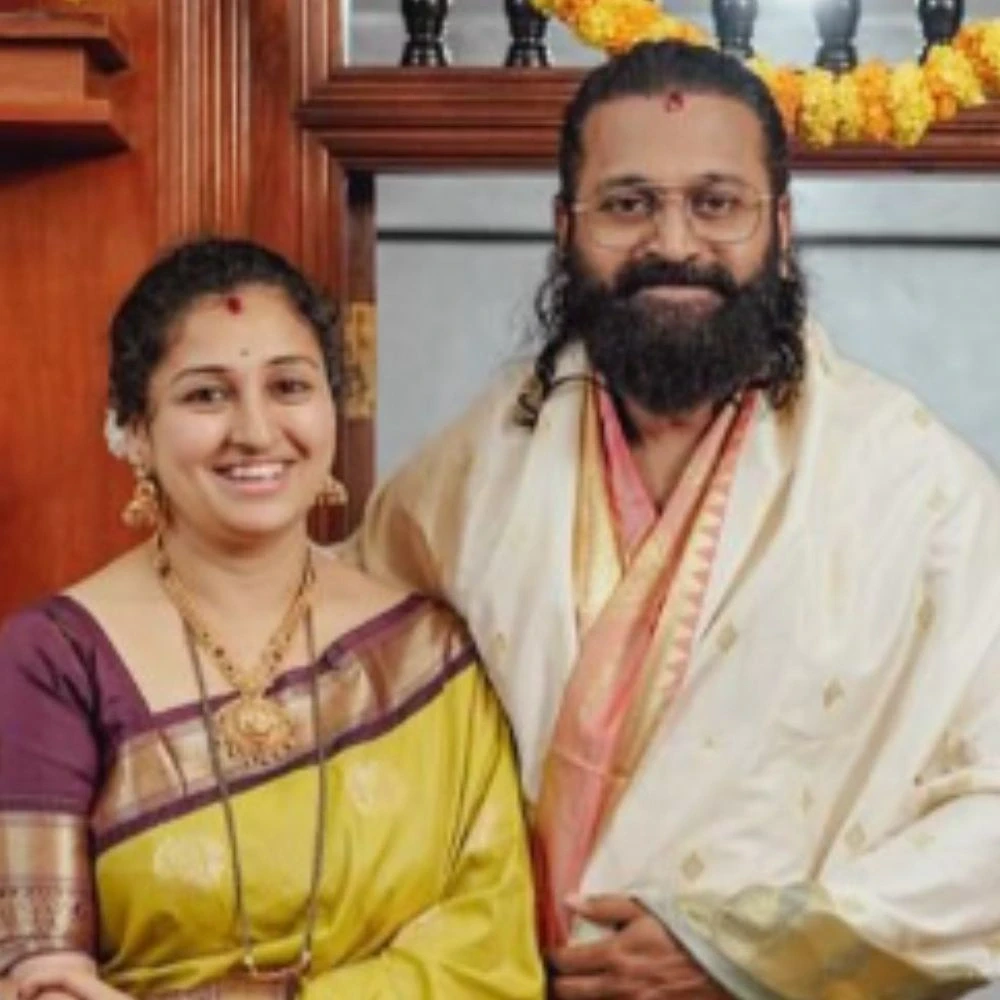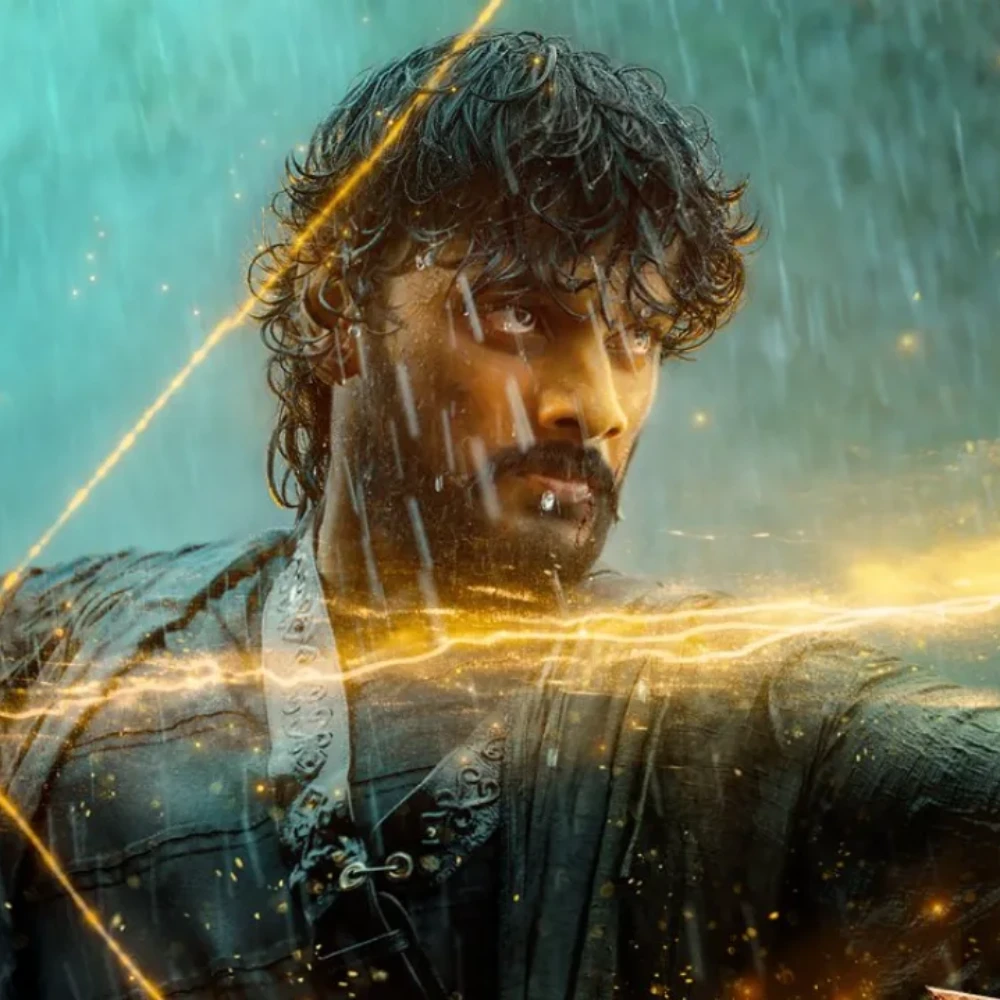EXCLUSIVE: Parvathy Thiruvothu calls for greater female representation in Malayalam cinema, says 'I hope that more women are in the forefront'
In an exclusive conversation with Pinkvilla, Parvathy opened up about her role in Ullozhukku and the future of Malayalam cinema.
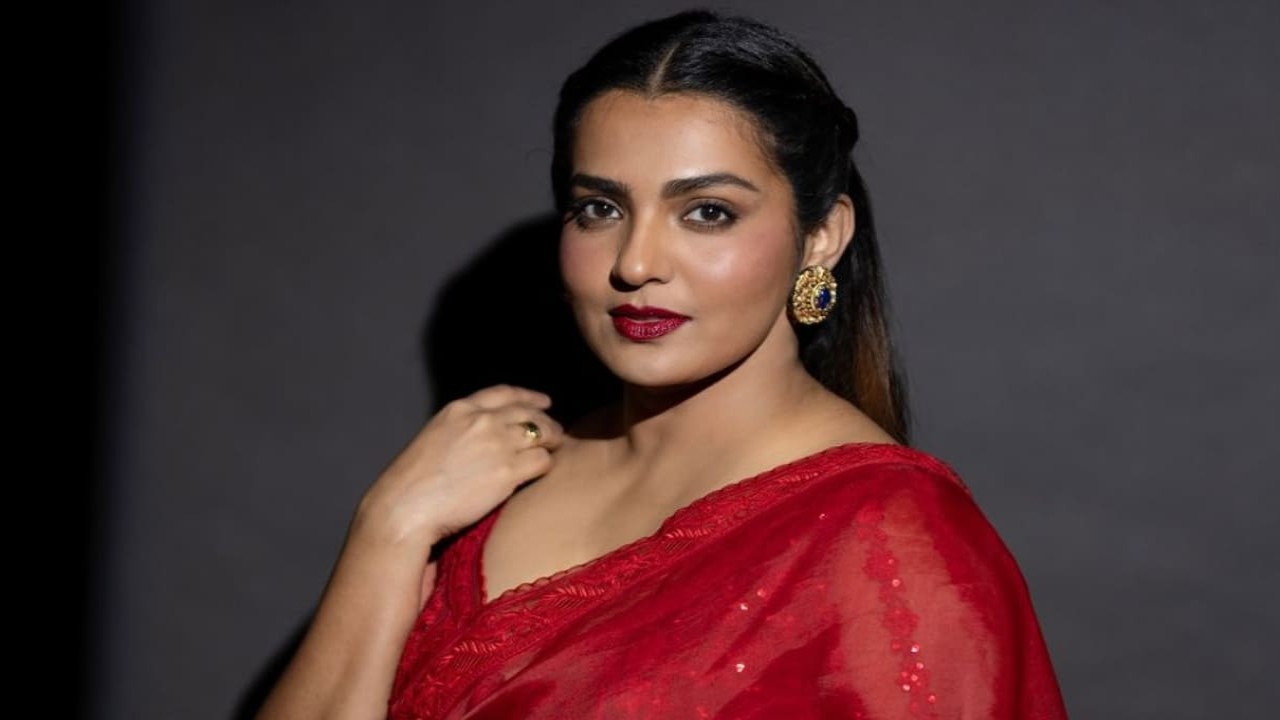
Parvathy Thiruvothu recently received the prestigious Best Actress award at the 15th Indian Film Festival of Melbourne (IFFM) 2024 for her outstanding role in Ullozhukku. In an exclusive interview with Pinkvilla, Parvathy reflects on the unique experience of shooting the film at director Christo Tomy's house, her initial hesitation to accept the role, and how she eventually came on board.
She also shares insights on collaborating with Chiyaan Vikram and Pa Ranjith in Thangalaan, her thoughts on current trends in Malayalam cinema, and her hopes for the future of the industry, particularly regarding the representation and involvement of women.
Q. Recently, you won the Best Actress award at the Indian Film Festival Of Melbourne for your performance in Ullozhukku (Undercurrent). Do you face any challenges while preparing for roles that are emotionally demanding
A. I usually pretty much do with every dramatic role that has been taken up. I find that with each screenplay, the process changes. With each director, the process changes, the outcome changes in terms of how they want to envision the character.
However, with Undercurrent, it was even more challenging because Christo has such a collaborative spirit, and he did not have a set bound technique of doing, of figuring out who these characters are, although, if you look at it, it's a study on how characters are written with such extreme nuances, where there is so much of breathing space that one has to hold those spaces, or hold those moments of silence with a lot of information in there.
Like every time there is a silence between two sentences or look or a reaction, it is with grief or confusion or revelation. So, we had to really chart out exactly what those silences meant. I would say it was the most difficult process for me to understand, which would be the entry point for me to become her and start to explore her. At the same time, I would say this is a story.
Everyone would say, oh, physical challenges must have been easy, like, because there isn't exactly, visibly, a lot of physical challenges, right? Pretty much all of us are static, and we are just talking, but there is a lot of physical challenge in playing Anju and Leelamma, too, because even in their stillness, there is so much of suffocation that they're holding in their bodies and in that, even if on the day of the shoot or anything, you can't let go of that you have to embody that in your physical presence, of how much the mental suffocation translates onto your face, onto your arms, on your neck, and you have to let it happen. You have to let that suffocation be shown physically. And that is not an easy thing to achieve, which I hope was achieved.
Q. In Ullozhukku, what was the most challenging aspect of portraying your character, Anju, and how did you approach those challenges?
A. It was all of it. It was the fact that it was a very slippery space to be, and it was not like, oh, once I get this equation right, I will have known what it is like to be her. I feel like every single day, as the challenges for the character increased, as Anju was figuring out her way, I was figuring out my way towards Anju. Every single day, it was a different set of challenges. So, I wouldn't say one more than the other.
Q. Since Ullozhukku has been well-received, how do you feel about the audience's response to your performance?
A. I feel absolutely on top of the world and on top of the moon. I feel like this is not just a success for me or for Christo; I think it's success for cinema because when movies like this become super hits, movies like this become critically well acclaimed, celebrated, and talked about, more directors and actors get to make such movies without worrying about the market or the budget, and that sense we populate our visual space with films like these, stories like these, we generate more empathy in our society. So, that's the hope.
Q. Ullozhukku (Undercurrent) was shot at director Christo Tomy's house. How was the experience of shooting the film at his home?
A. Until we were 20 days into the shoot of the film, we did not know it was his house. It was as much as a shock to most of us then. I didn't know this initially, also because I just took it for granted that wherever we are shooting is going to be a location because that's what we are usually told.
And later, I got to know that it's his grandmother's house, and I did not know what to think about it because Christo was already blowing my mind. If you've seen his interviews, he's this very soft, very clear about exactly what he wants to say. But then he has all this darkness that he writes about, and I was already pretty amazed at the that duality in this person. And on top of that, he's not someone who talks a lot about the choices he makes, so it didn't surprise me that he did not think to tell me or anyone that it is actually his house because that did not matter like that's not an information that even mattered.
There's no glorification about it. He's so casual about his choices, even though they're very profound ones. It made sense to me later that he shot there because these are women that he's written about from his own life, women that he has seen and witnessed growing up, so probably it meant a lot more to him that he shot there itself.
Q. We heard that you initially said no to Ullozhukku (Undercurrent). How did you come on board with this project?
A. I got a narration from Christo, and it was immediately arresting for me, but it was also at a time in my life I was so sure that I was not going to be able to do justice to the character. So, it was an immediate No. And then I think Christo might have thought at the time that I did not like the screenplay, which is far from the truth.
There were some discussions on some parts of the screenplay where I got on a call with him and I told him, this area feels like this, or this is good. I felt I could be better or whatever. And after that, about four years later, I kept hearing from Christo about the progress of the film once or twice. But at the end, when I got in touch with him, he said, "There's been some changes in the screenplay, and there is a new producer on board. Would you like to read it again?" And now four years have passed by, so I really wanted to give it a read again, and I was in a different place in my life.
I gave it a read. I read only halfway through, and then I called him over to a cafe and made him narrate the rest of it because it was difficult for me to understand the part. Then I think I immediately said yes, and when he told me that Urvashi was considering doing this film, I was like, well, if she's going to do it's 100% yes, I'm gonna do it with my eyes closed. So, that's how I got on board.
Q. How was your experience collaborating with Chiyaan Vikram and Pa Ranjith in Thangalaan? What did you learn from them during the filming process?
A. You take a few months, if not years, to process what your learnings are from them. My experience with Vikram, I would say the beginning of the understanding is how incredibly generous he is as an actor, with his co-actors or with his directors. He knows the depths and the madness that he goes into to prepare for a character, and I personally am pretty much the same in that sense.
Vikram is much senior to me, and has done so much more amazing, critical work. But we lived as the characters and it was amazing in terms of just that collaborative spirit. And my performance would not have been as brilliant if he wouldn't have shown up as the person he is.
Q. What are your thoughts on the current trends in Malayalam cinema, and where do you see it heading in the next few years?
A. We started our year with Aattam, which has now gone on to win the National Award for Best Feature Film. I think it says a lot about the direction in which cinema is going. From Aattam, Bramayugam, Manjummel Boys, Ullozhukku to Aavesham, the spectrum has been widened.
The horizon is wide open for us to gallop our way into. I feel like we will be creating a lot more varied genres going forward. And I think we have been emboldened by the box office success as well. I'm hoping that there will be a lot more challenges taken up. I hope that Malayalam cinema will keep pushing boundaries, as it already always has, but a little more than before. And I hope that more women are in the forefront in making films, as well as being written about.





 JOIN OUR WHATSAPP CHANNEL
JOIN OUR WHATSAPP CHANNEL